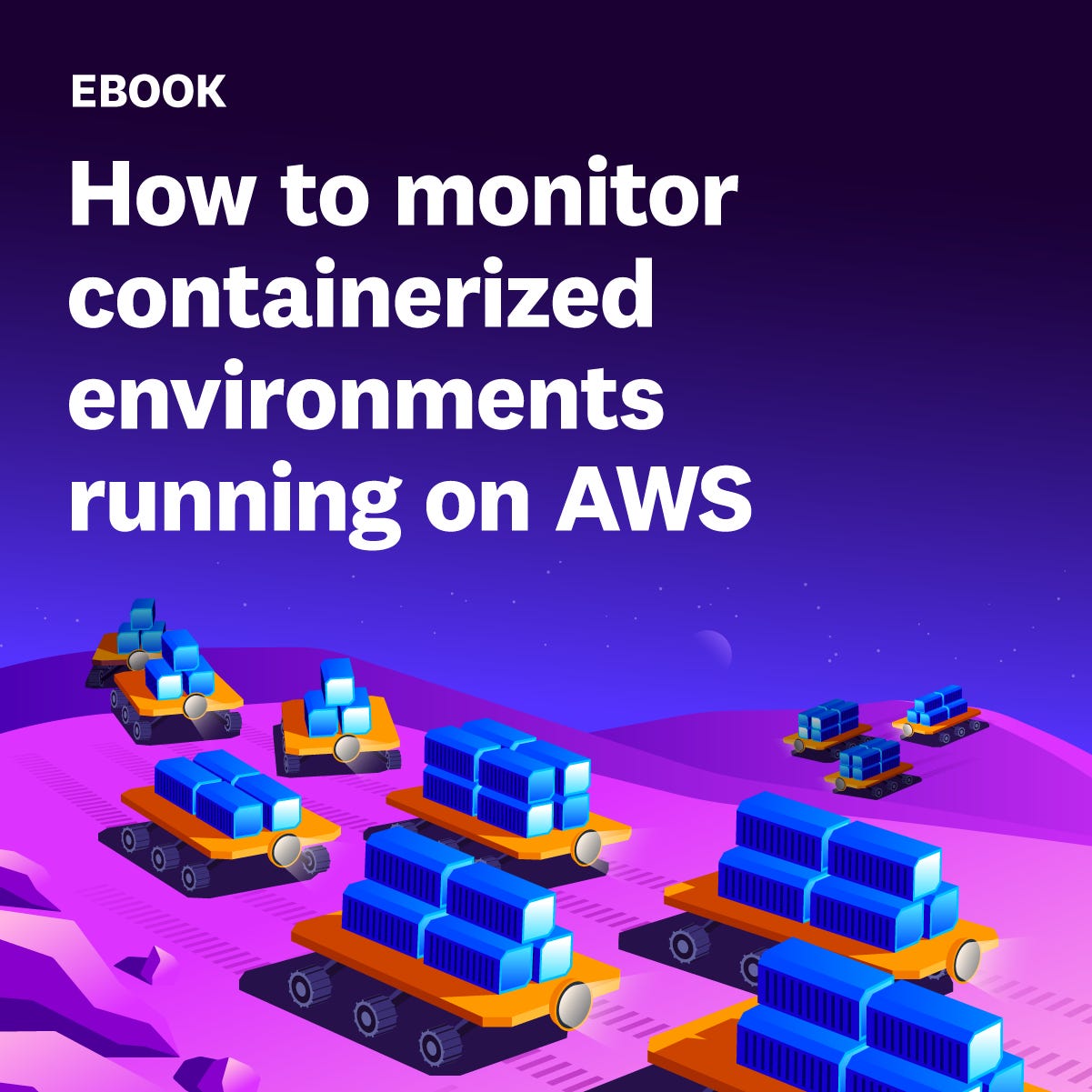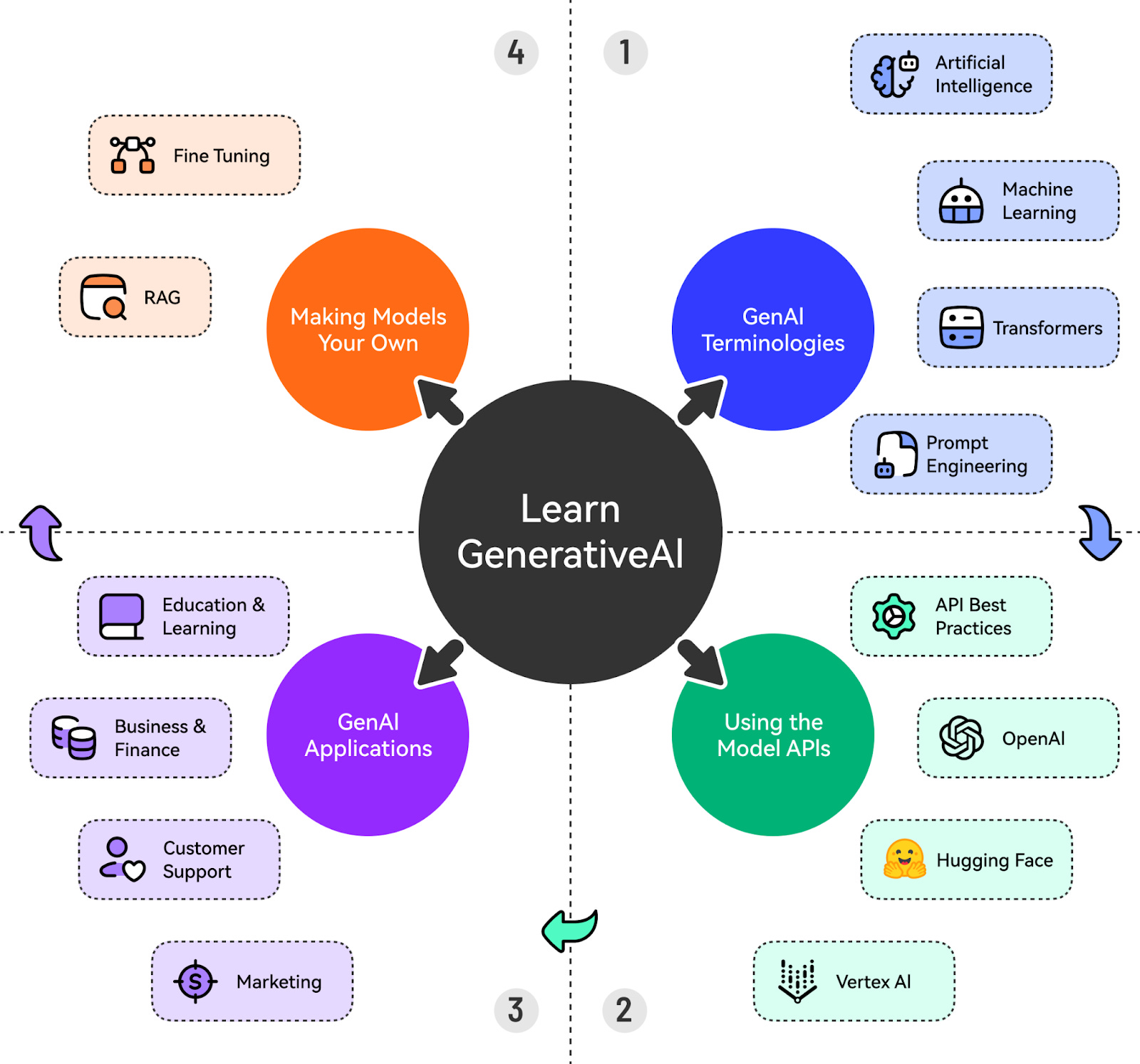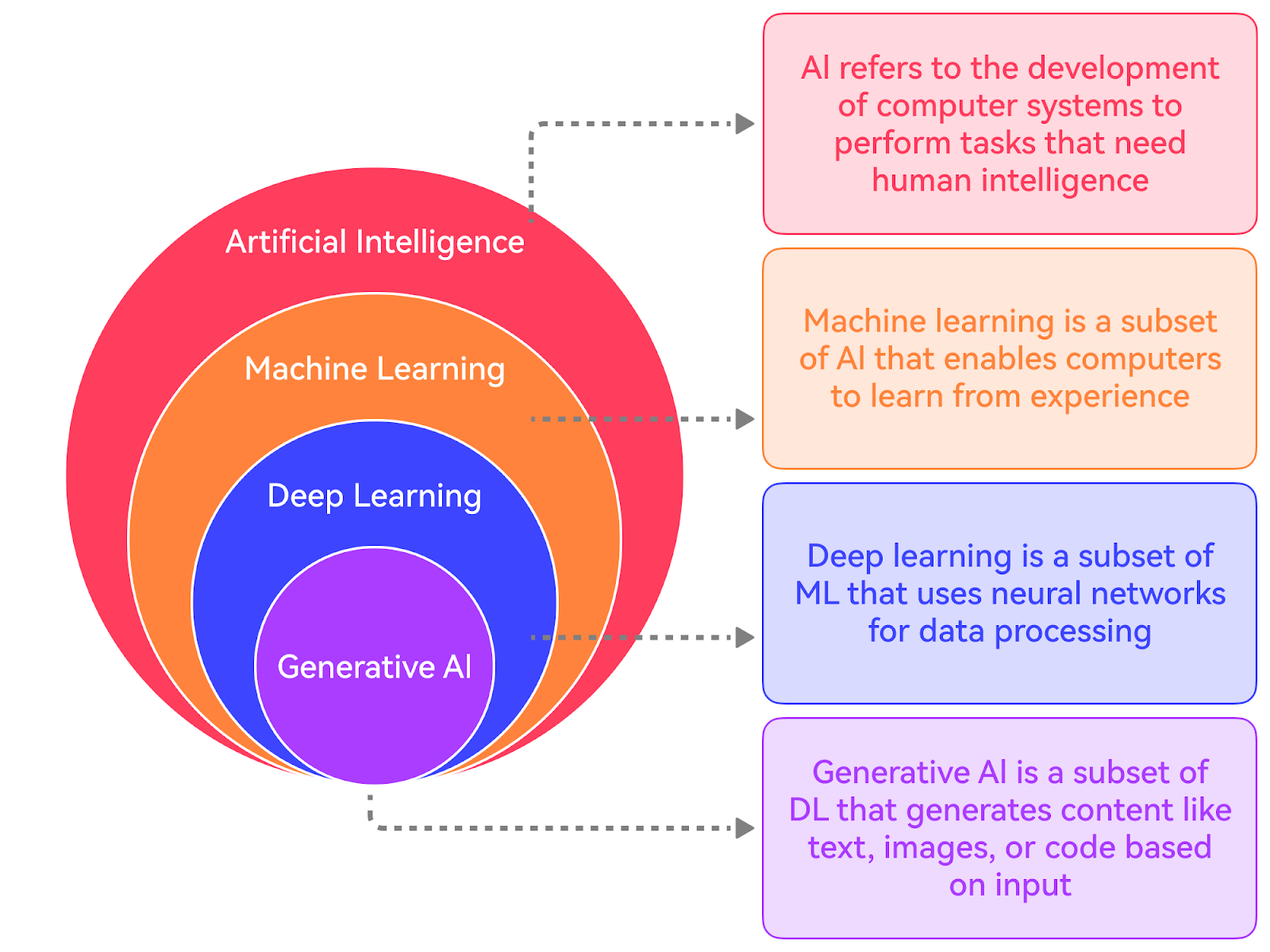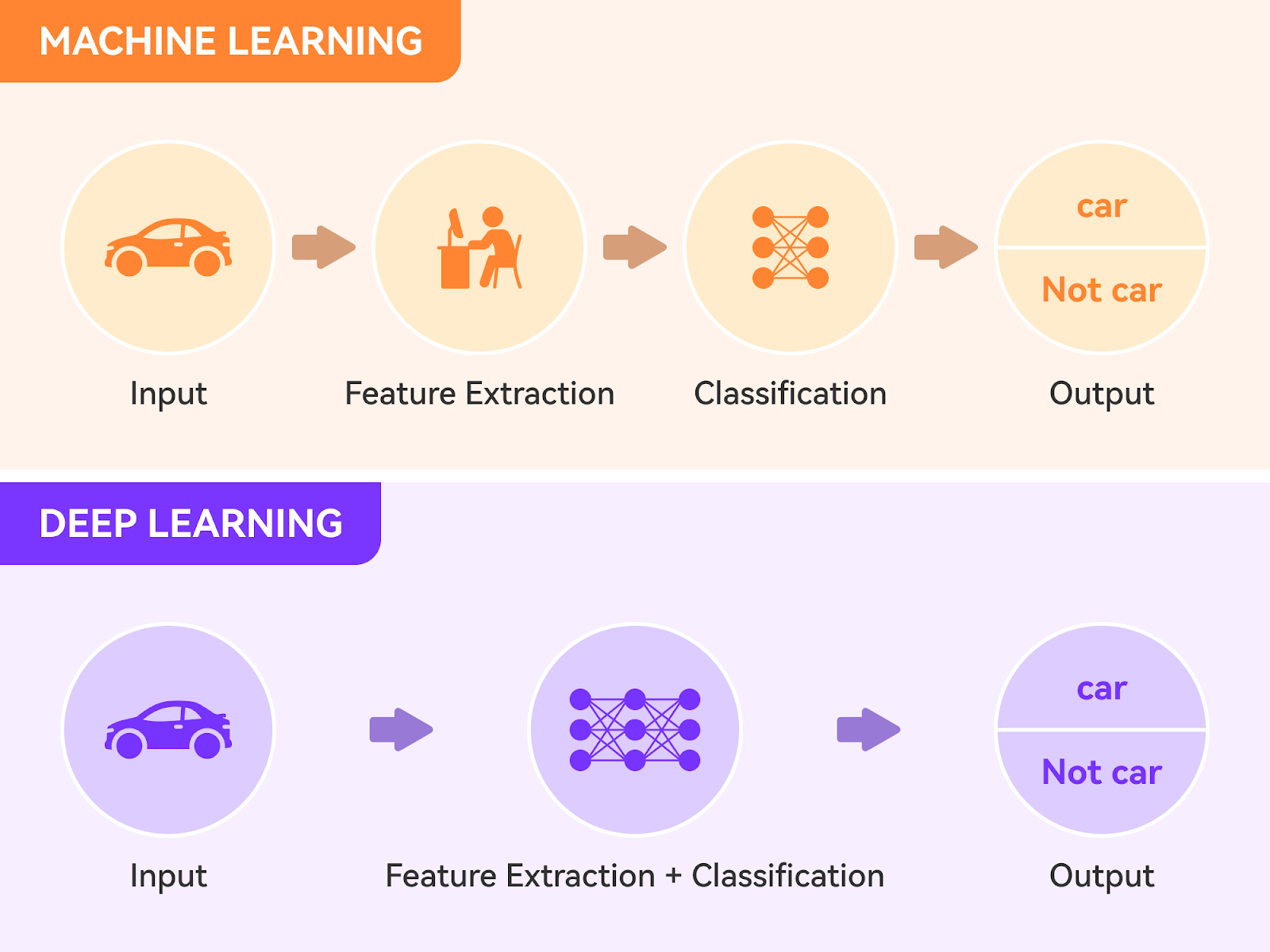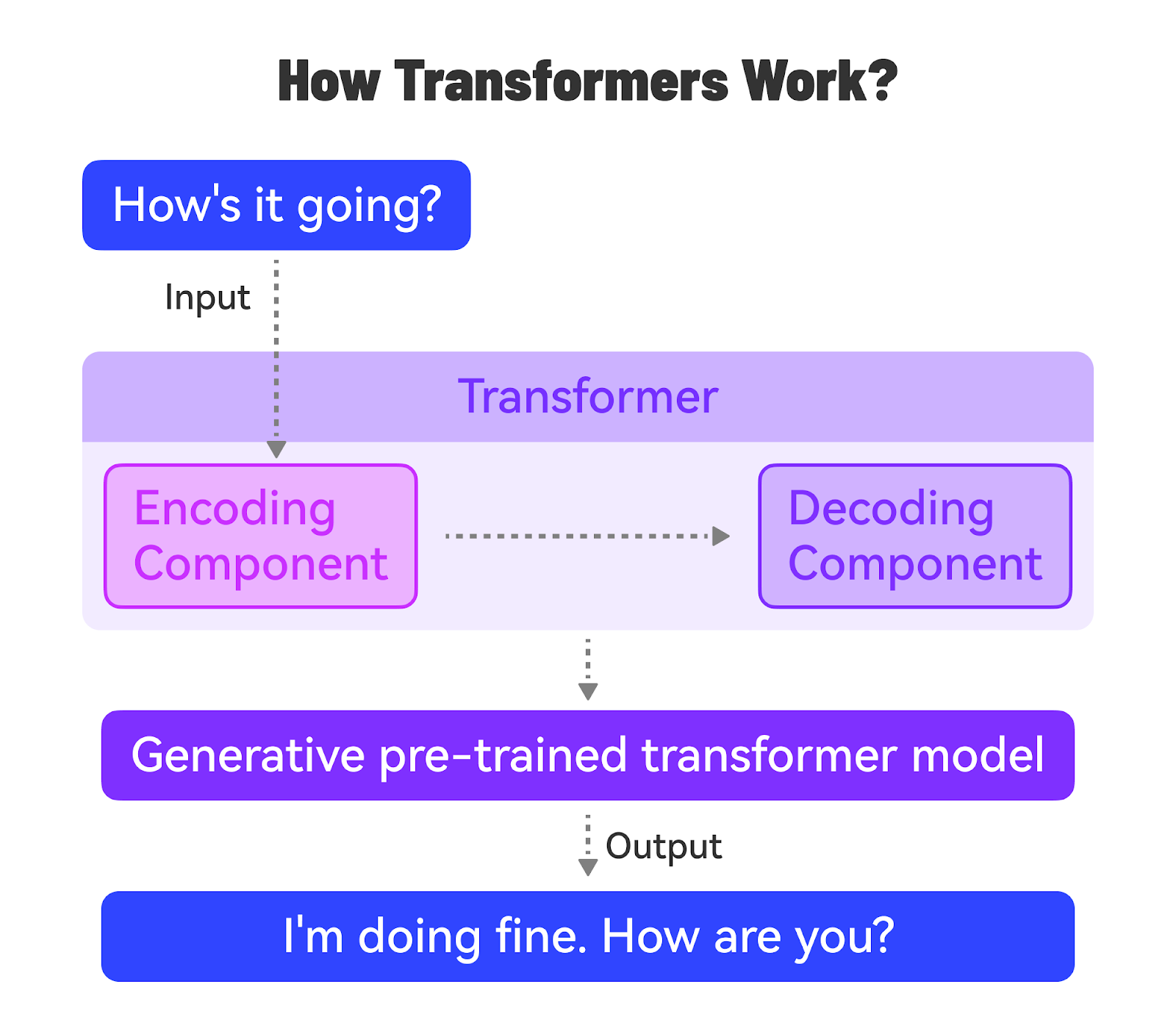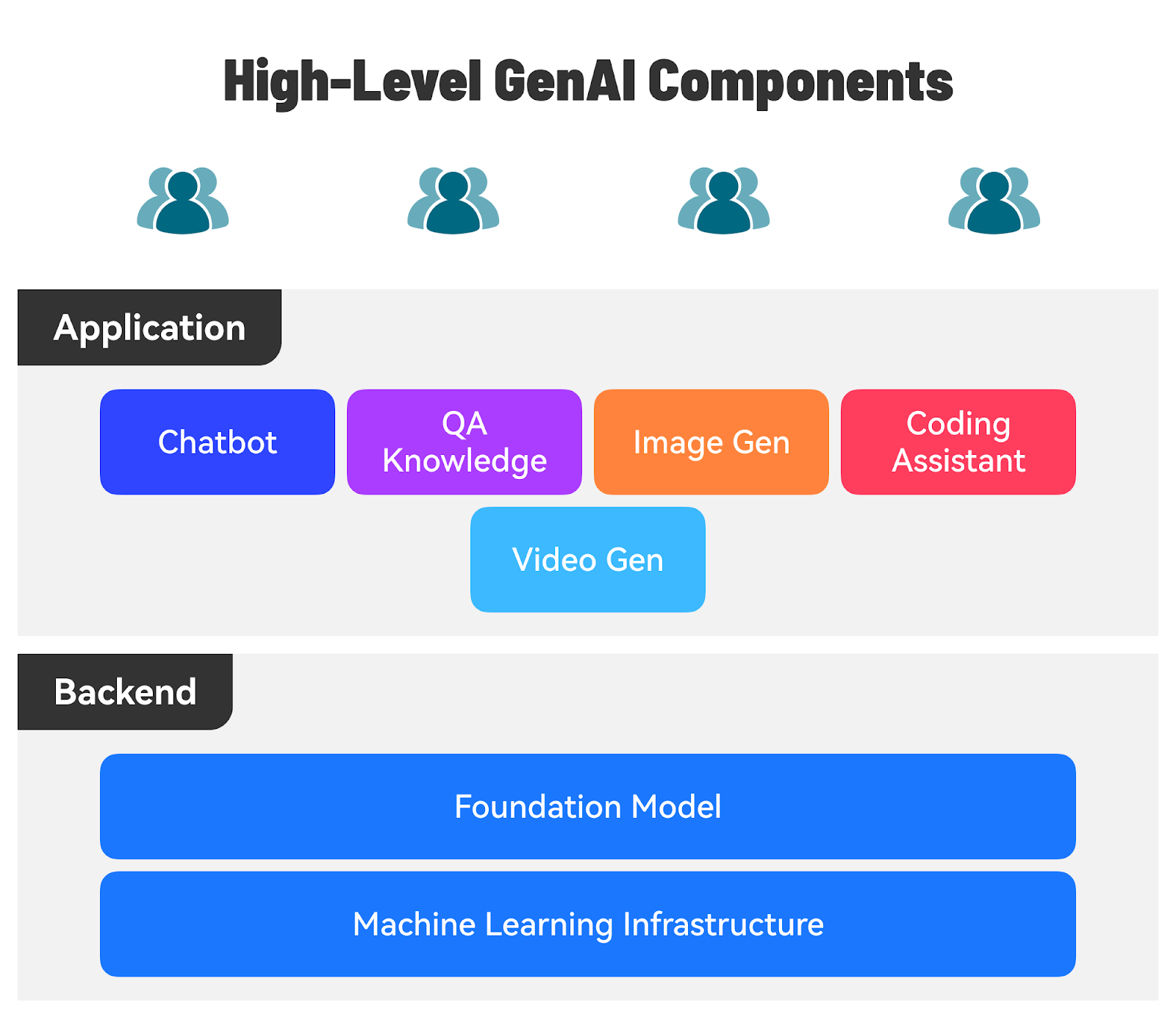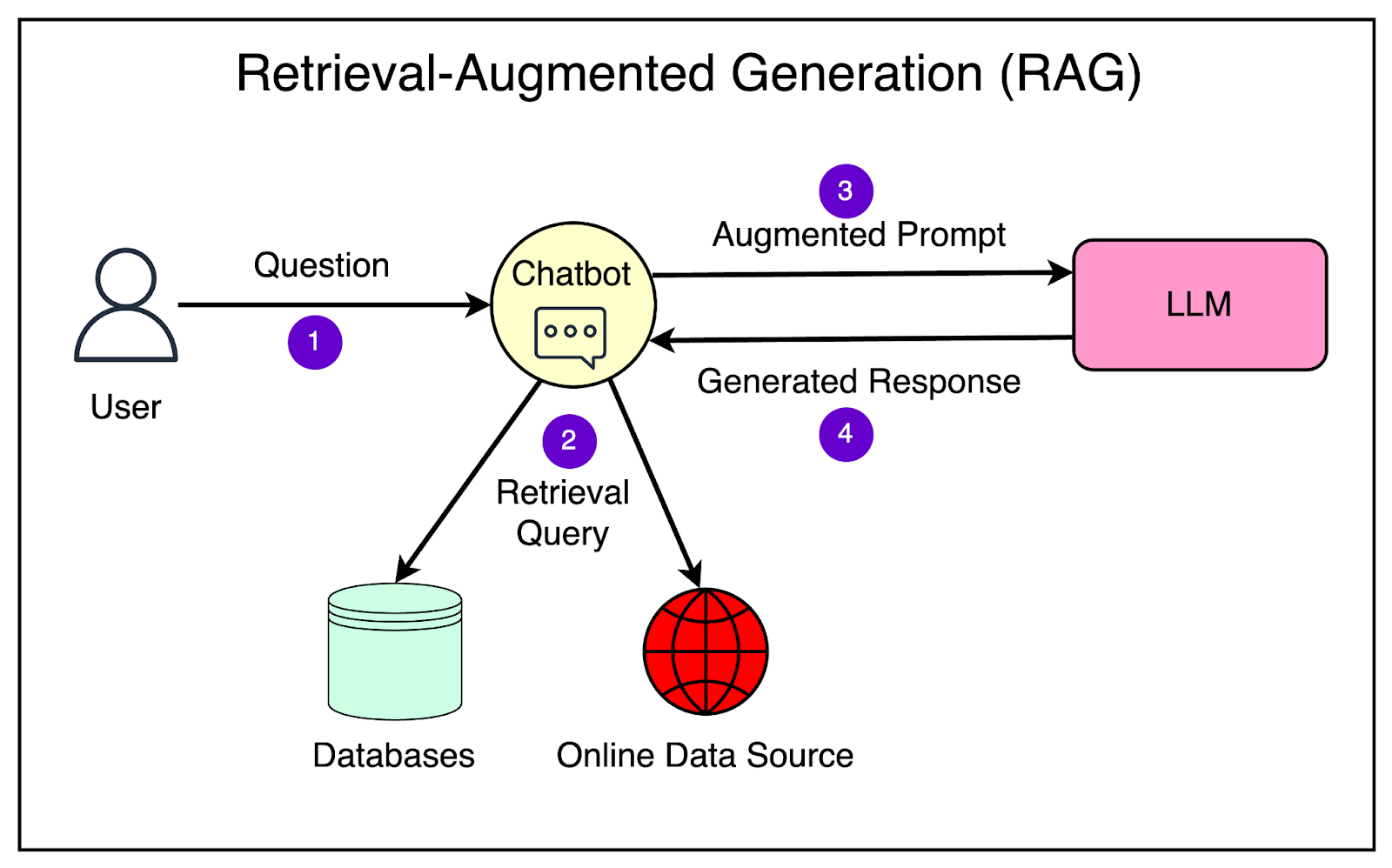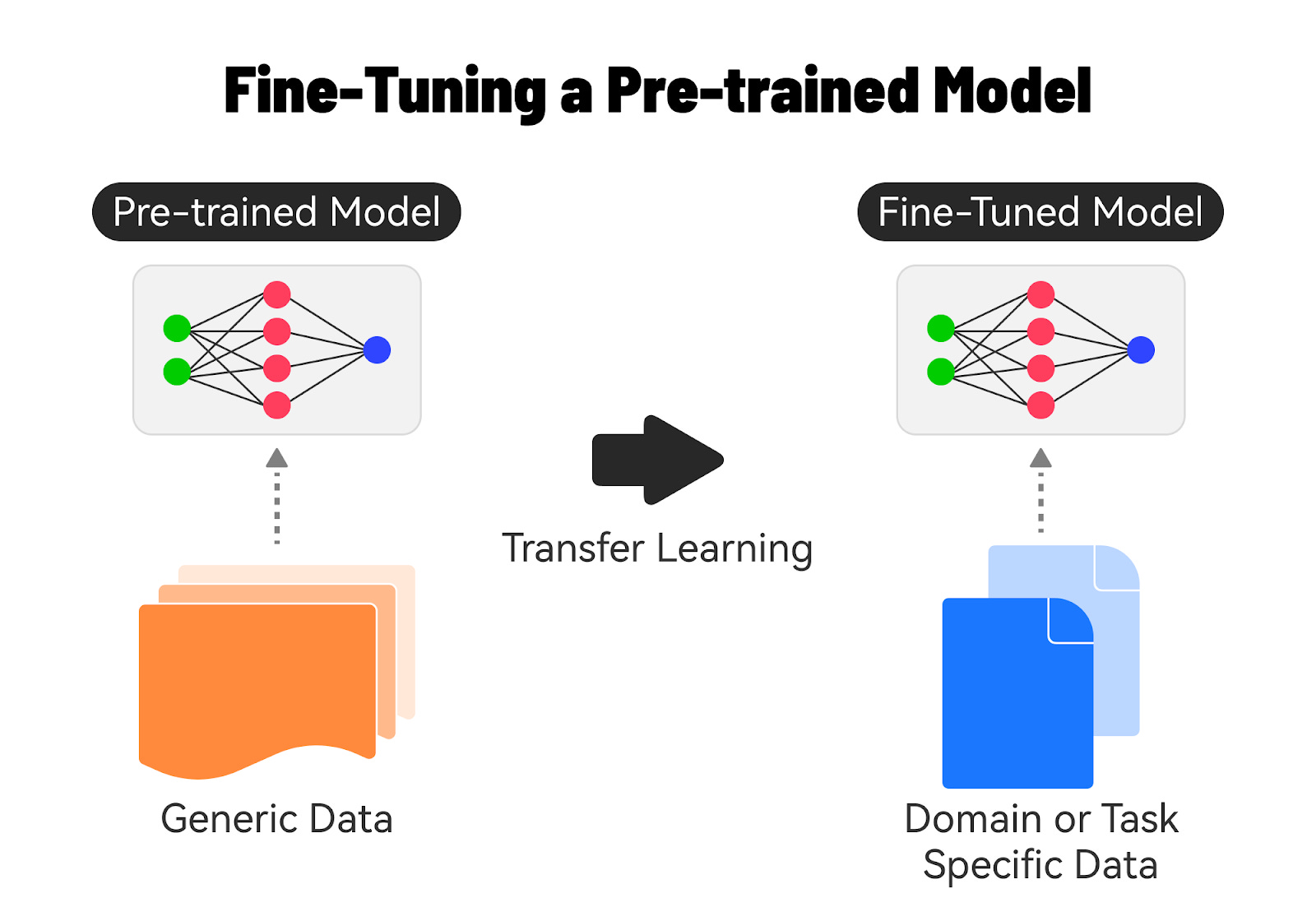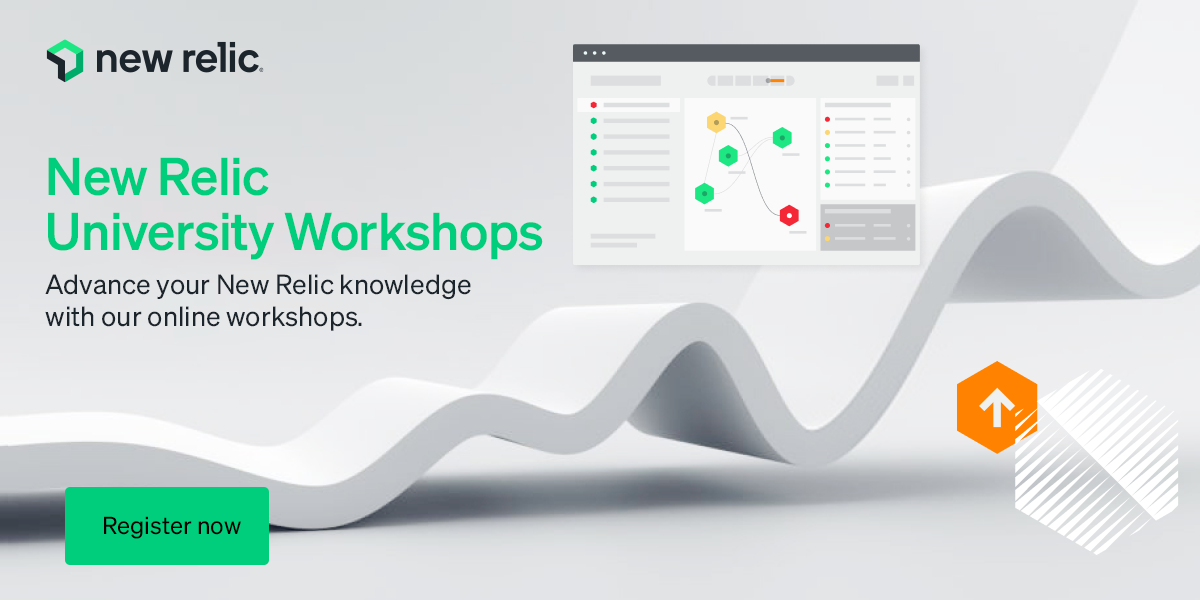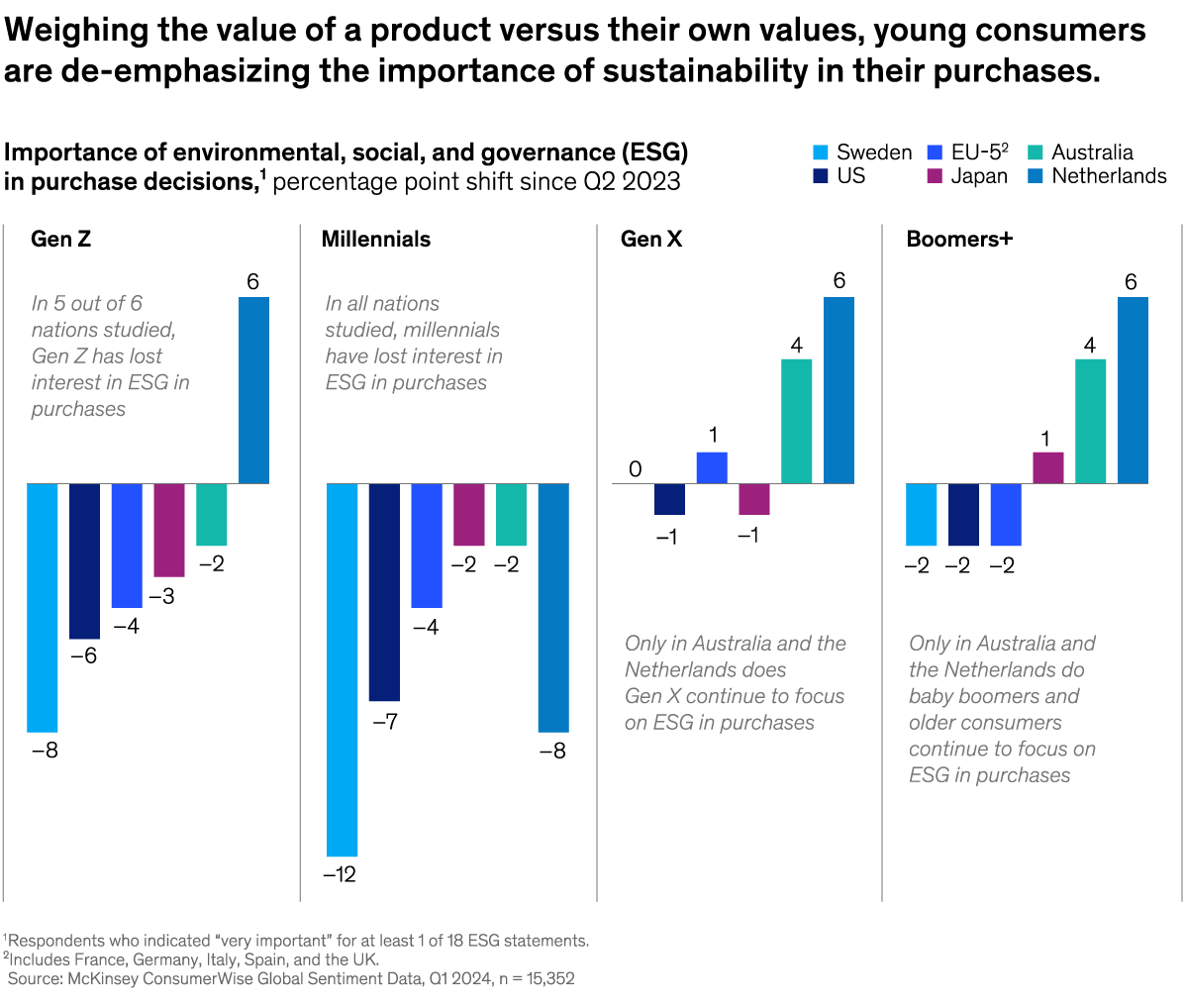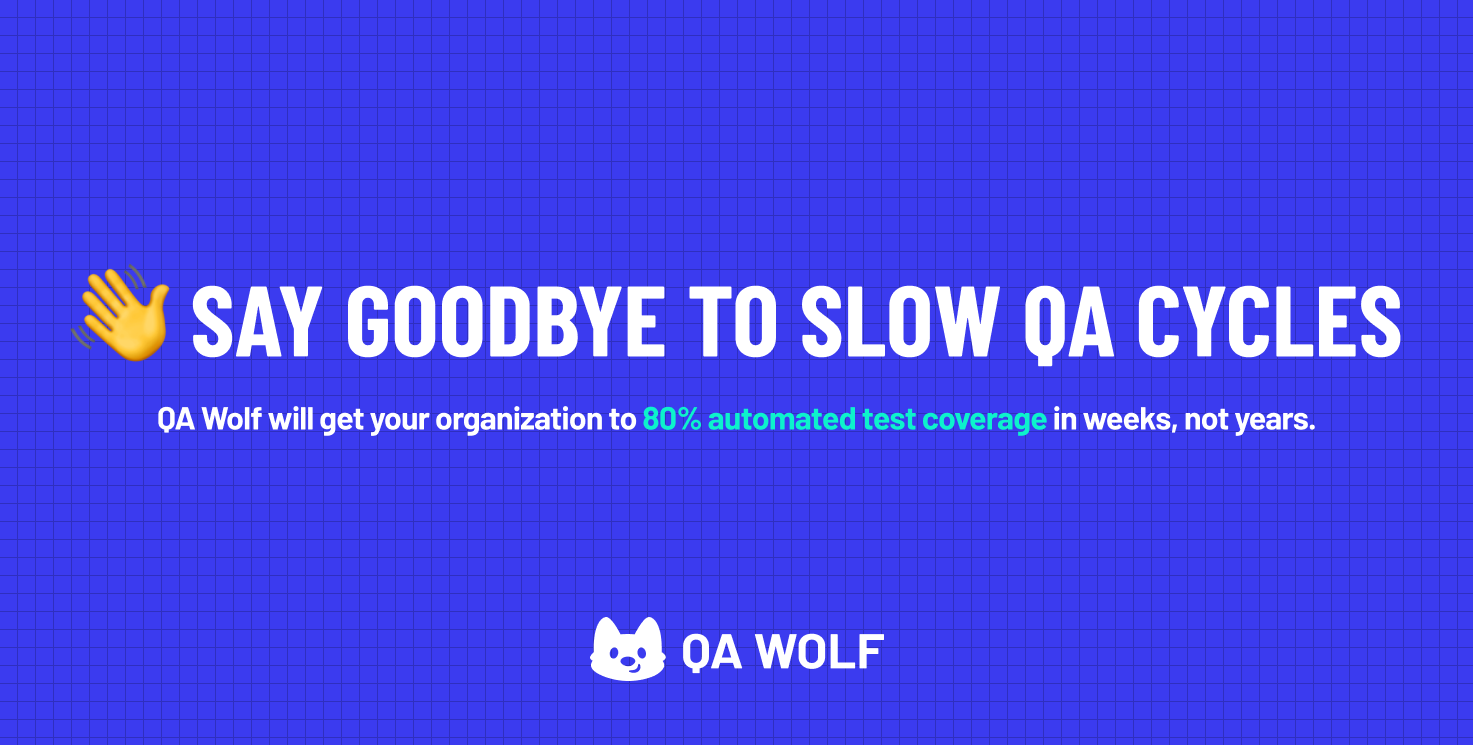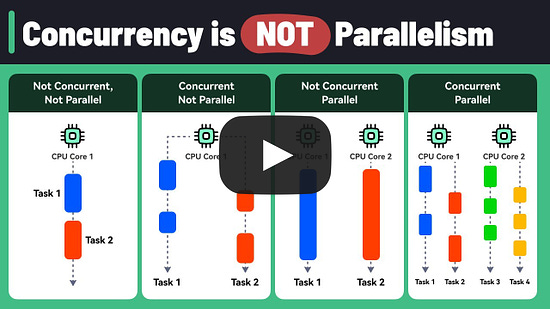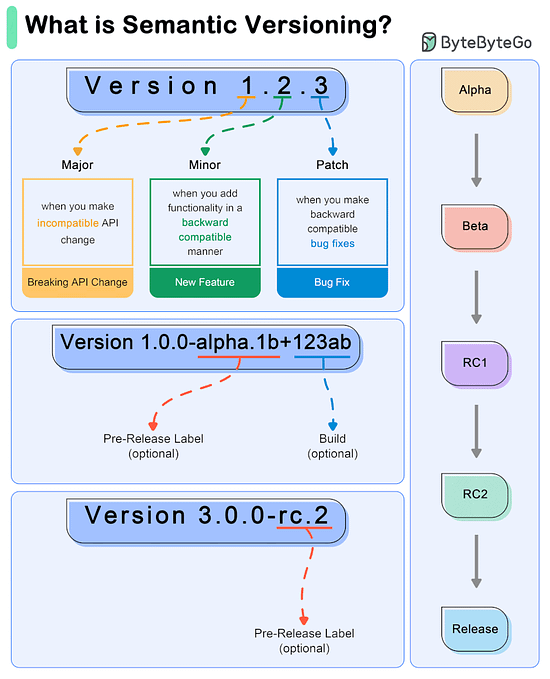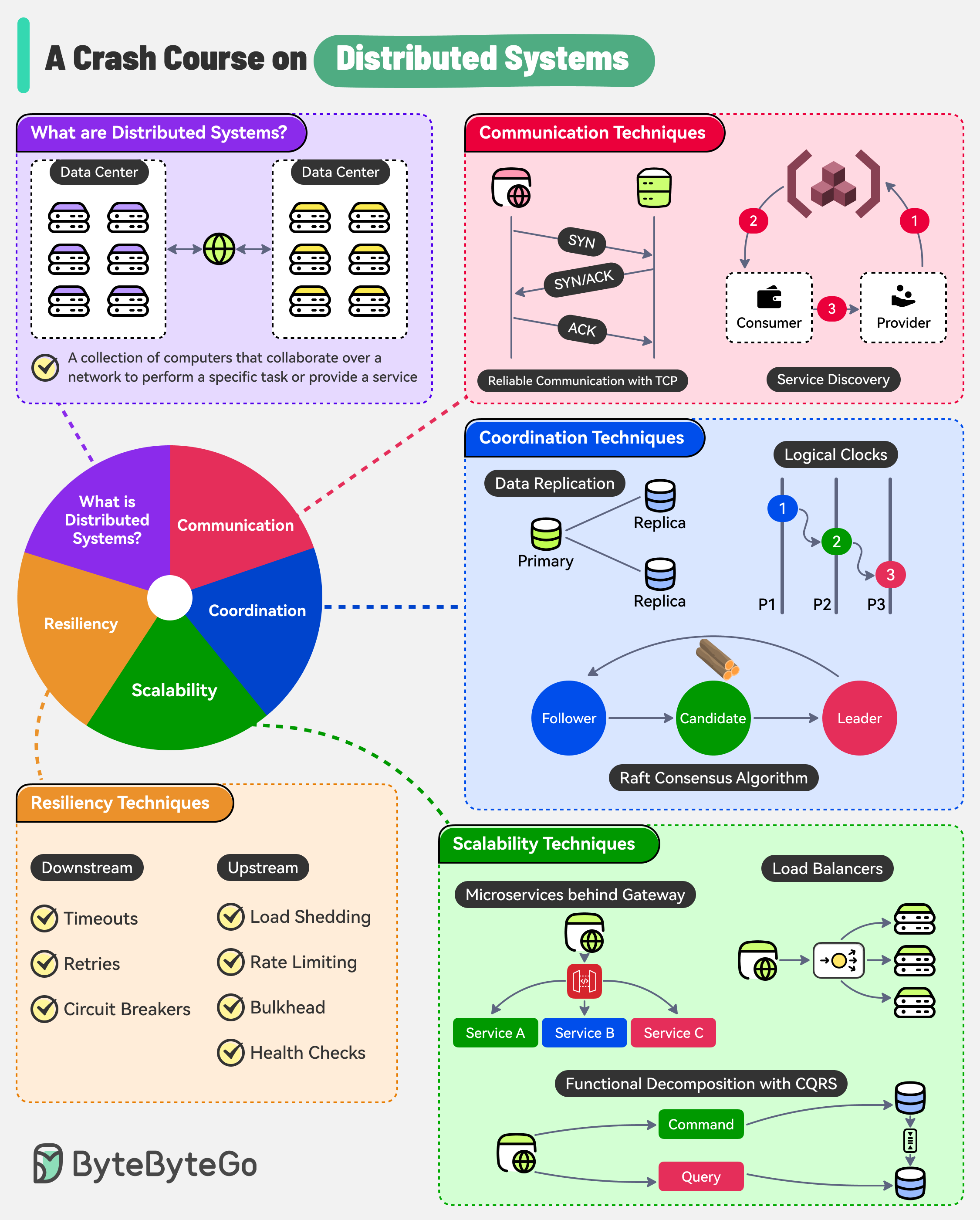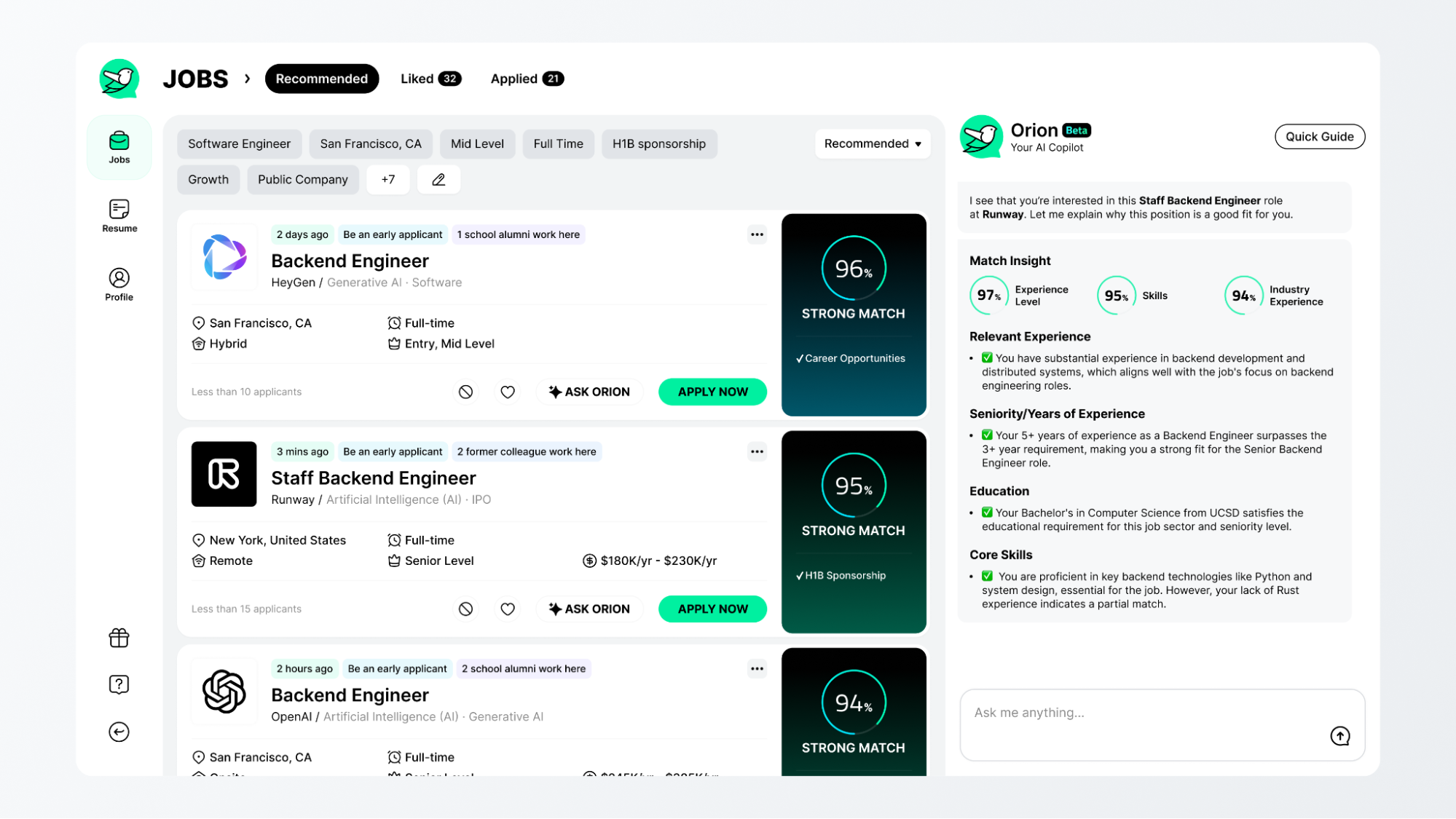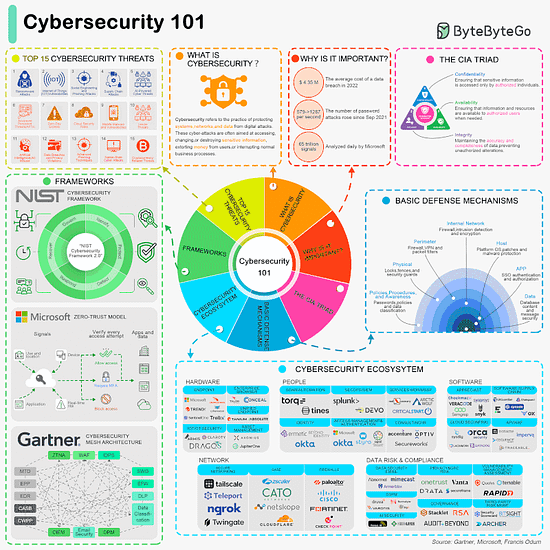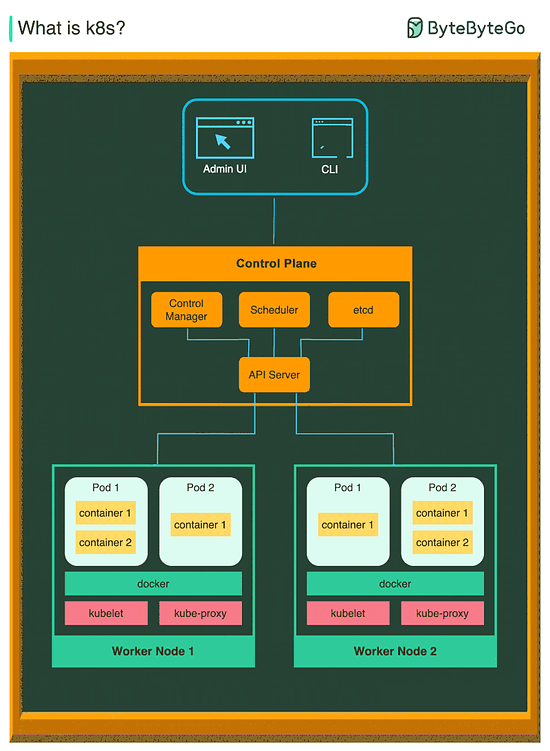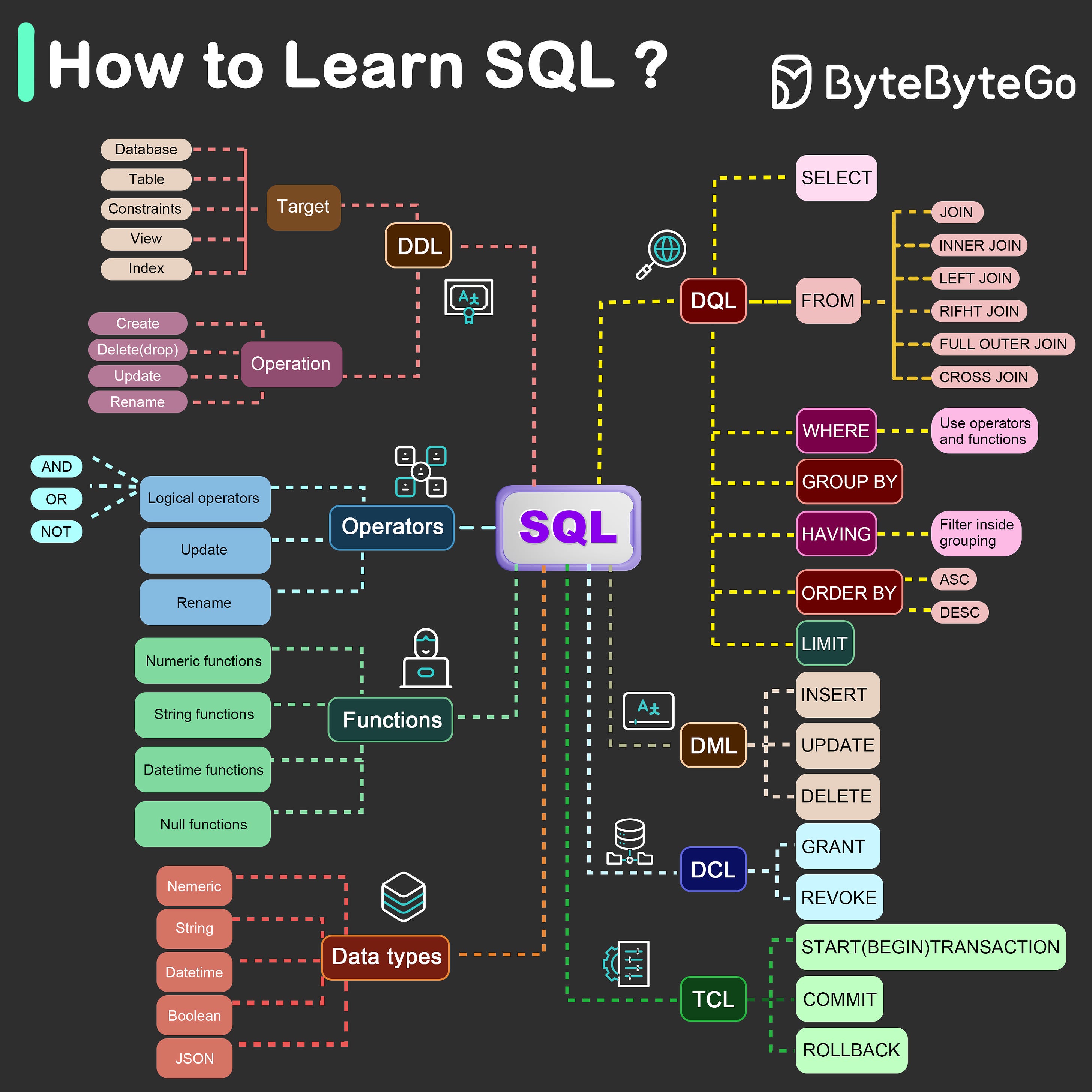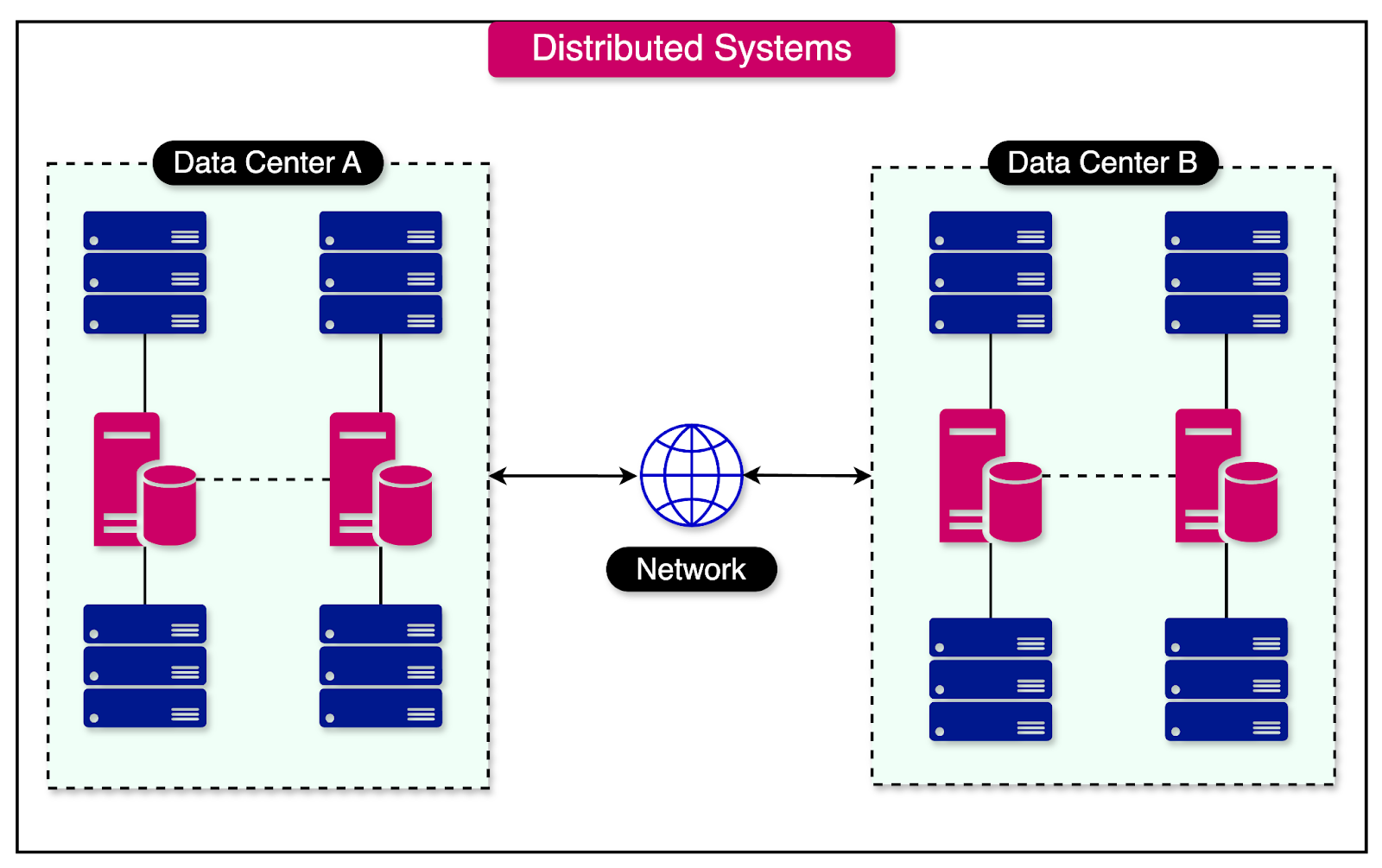Archives
- By thread 5369
-
By date
- June 2021 10
- July 2021 6
- August 2021 20
- September 2021 21
- October 2021 48
- November 2021 40
- December 2021 23
- January 2022 46
- February 2022 80
- March 2022 109
- April 2022 100
- May 2022 97
- June 2022 105
- July 2022 82
- August 2022 95
- September 2022 103
- October 2022 117
- November 2022 115
- December 2022 102
- January 2023 88
- February 2023 90
- March 2023 116
- April 2023 97
- May 2023 159
- June 2023 145
- July 2023 120
- August 2023 90
- September 2023 102
- October 2023 106
- November 2023 100
- December 2023 74
- January 2024 75
- February 2024 75
- March 2024 78
- April 2024 74
- May 2024 108
- June 2024 98
- July 2024 116
- August 2024 134
- September 2024 130
- October 2024 141
- November 2024 171
- December 2024 115
- January 2025 216
- February 2025 140
- March 2025 220
- April 2025 233
- May 2025 239
- June 2025 303
- July 2025 182
-
What could it take to boost global productivity?
Only McKinsey
Fast-lane economies for productivity —Edited by Belinda Yu, editor, Atlanta
This email contains information about McKinsey's research, insights, services, or events. By opening our emails or clicking on links, you agree to our use of cookies and web tracking technology. For more information on how we use and protect your information, please review our privacy policy.
You received this newsletter because you subscribed to the Only McKinsey newsletter, formerly called On Point.
Copyright © 2024 | McKinsey & Company, 3 World Trade Center, 175 Greenwich Street, New York, NY 10007
by "Only McKinsey" <publishing@email.mckinsey.com> - 01:25 - 17 Jul 2024 -
Consumer Electronics Show - CES 2024 (Post Show)
I had a chance to review your company profile and thought you might be interested in acquiring an updated Attendee list of Consumer Electronics Show - CES 2024?
Attendees are: - Analyst, Content Developer, Distributor, Buyer, Engineer, Manager/Store Manager/Product Manager, Manufacturer’s Representative, Service Technician, Systems Installer/Integrator & More.
List Contains: Name, Title, Email, Phone, Company Name, Physical Address, City, State, Zip Code, Country, Web Address, Employee Size, Revenue Size and Industry.
Please do let me know your interest. I’d be happy to send over our counts, accuracy, quality, pricing structure and more details on your request.
Waiting for your response
Thank you
Becky Walters - Event Manager
If you don’t want to receive further emails please revert with “Take Out” in the subject
by becky.walters@moreofdata.com - 02:40 - 16 Jul 2024 -
Re: Co-operation Offers
Hello , We are interested in your products and partnering with your company. We are a large wholesale and retail distributor with several stores around the world, our shops are well patronized. Kindly send us your catalogue to learn more about your products and price list along with stock availability. We hope that your products are of good quality as we look forward to a long-term partnership. Kindly contact our representative Mr. Kenny Lawson at kennyylawsonn@representative.com Best regards. Kind regards, Ethan Dexter Deputy Head of Purchase and Marketing Department www.selfridges.com Designer Fashion, Accessories & More - Shop Online at Selfridges Voted the best department store in the world, Selfridges has all the latest designer collections, must-have toys & gifts for all the family. www.selfridges.com
by "SELFRIDGES" <thndexter@gmail.com> - 02:26 - 16 Jul 2024 -
Where to get started with GenAI
Where to get started with GenAI
How to monitor AWS container environments at scale (Sponsored) In this eBook, Datadog and AWS share insights into the changing state of containers in the cloud and explore why orchestration technologies are an essential part of managing ever-changing containerized workloads.͏ ͏ ͏ ͏ ͏ ͏ ͏ ͏ ͏ ͏ ͏ ͏ ͏ ͏ ͏ ͏ ͏ ͏ ͏ ͏ ͏ ͏ ͏ ͏ ͏ ͏ ͏ ͏ ͏ ͏ ͏ ͏ ͏ ͏ ͏ ͏ ͏ ͏ ͏ ͏ ͏ ͏ ͏ ͏ ͏ ͏ ͏ ͏ ͏ ͏ ͏ ͏ ͏ ͏ ͏ ͏ ͏ ͏ ͏ ͏ ͏ ͏ ͏ ͏ ͏ ͏ ͏ ͏ ͏ ͏ ͏ ͏ ͏ ͏ ͏ ͏ ͏ ͏ ͏ ͏ ͏ ͏ ͏ ͏ ͏ ͏ ͏ ͏ ͏ ͏ ͏ ͏ ͏ ͏ ͏ ͏ ͏ ͏ ͏ ͏ ͏ ͏ ͏ ͏ ͏ ͏ ͏ ͏ ͏ ͏ ͏ ͏ ͏ ͏ ͏ ͏ ͏ ͏ ͏ ͏ ͏ ͏ ͏ ͏ ͏ ͏ ͏ ͏ ͏ ͏ ͏ ͏ ͏ ͏ ͏ ͏ ͏ ͏ ͏ ͏ ͏ ͏ ͏ ͏ ͏ ͏ ͏ ͏ ͏ ͏ ͏ ͏ ͏ ͏ ͏ ͏ ͏ ͏ ͏ ͏ ͏ ͏ ͏ ͏ ͏ ͏ ͏ ͏ ͏ ͏ ͏ ͏ ͏ ͏ ͏ ͏ ͏ ͏ ͏ ͏ ͏ ͏ ͏ ͏ ͏ ͏ ͏ ͏ ͏ ͏ ͏ ͏ ͏ ͏ ͏ ͏ ͏ ͏ ͏ ͏ Forwarded this email? Subscribe here for moreHow to monitor AWS container environments at scale (Sponsored)
In this eBook, Datadog and AWS share insights into the changing state of containers in the cloud and explore why orchestration technologies are an essential part of managing ever-changing containerized workloads.
Learn more about:Strategies for successfully tracking containerized AWS applications at scale
Key metrics to monitor for Amazon Elastic Container Service (ECS) and Amazon Elastic Kubernetes Service (EKS)
Enabling comprehensive monitoring for AWS container environments with Datadog
Introduction to Generative AI
The world of Generative AI (GenAI) is moving at a breakneck pace.
New models, techniques, and applications emerge every day, pushing the boundaries of what's possible with artificial intelligence.
Considering this fast-evolving landscape, developers and technology professionals need to keep their skills sharp and stay ahead of the curve.
To help you get started with GenAI, Priyanka Vergadia and I have put together a concise guide covering essential steps, including:
Understanding the terminologies
Using the Model APIs
Building applications using the AI Models
Making models your own:
RAG
Fine-Tuning AI models
Here’s a sneak peek at all the cool topics we will cover.
Let’s start with the first step.
Also, don't forget to follow Priyanka Vergadia’s LinkedIn, which is a must-read for anyone working on cloud and GenAI.
Understanding the GenAI Terminologies
One of the biggest obstacles to getting started with GenAI is not understanding the basic terminologies.
Let’s cover the most important things to know about.
Artificial Intelligence
AI refers to the development of computer systems that can perform tasks that typically require human intelligence. It is a discipline like Physics.
It encompasses various subfields, such as Machine Learning, Natural Language Processing, Computer Vision, etc.
AI systems can be narrow (focused on specific tasks) or general (able to perform a wide range of tasks).
Machine Learning
Machine Learning is a subset of AI that focuses on enabling computers to learn and improve from experience without being explicitly programmed.
It involves training models on data to recognize patterns, make predictions, or take actions. There are three main types of ML:
Supervised Learning
Unsupervised Learning
Reinforcement Learning.
Lastly, there is Deep Learning, which uses artificial neural networks and is a subfield of Machine Learning.
The diagram below shows the key difference between a typical machine learning workflow and Deep Learning.
Natural Language Processing (NLP)
NLP is a subfield of AI that focuses on enabling computers to understand, interpret, and generate human language.
It involves tasks such as text classification, sentiment analysis, entity recognition, machine translation, and text generation.
Deep learning models, particularly Transformer models, have revolutionized NLP in recent years.
Transformer Models
Transformer models are a type of deep learning model architecture introduced in the famous paper “Attention is All You Need” in 2017.
They rely on self-attention mechanisms to process and generate sequential data, such as text.
Transformers have become the foundation for state-of-the-art models in NLP, such as BERT, GPT, and T5. They have also been adapted for other domains, like computer vision and audio processing.
GenAI
GenAI, short for Generative Artificial Intelligence, refers to AI systems that can generate new content, such as text, images, or music. It can be considered a subset of Deep Learning.
GenAI models can generate novel and coherent outputs that resemble the training data. They use machine learning models, particularly deep learning models, to learn patterns and representations from existing data.
NLP is a key area of focus within GenAI, as it deals with generating and understanding human language. Transformer models have become the backbone of many GenAI systems, particularly language models.
The ability of Transformers to learn rich representations and generate coherent text has made them well-suited for GenAI applications. For reference, a transformer model is a type of neural network that excels at understanding the context of sequential data, such as text or speech, and generating new data. It uses a mechanism called “attention” to weigh the importance of different parts of the input sequence and better understand the overall context.
There are various types of GenAI Models:
Language models that specialize in processing and generating text data. Examples include Google’s Gemini, GPT-4, Claude Opus, Llama3
Multimodal Models that can handle multiple modalities, like text, images, and audio. Examples include DALL-E, Midjourney, Stable Diffusion.
Audio Models that can generate and process speech, music, and other audio data. Examples: Google’s Imagen, Wavenet.
Prompt Engineering
Prompt engineering is the practice of designing effective prompts to get desired outputs from GenAI models. It involves understanding the model’s capabilities, limitations, and biases.
Effective prompts provide clear instructions, relevant examples, and context to guide the model’s output.
Prompt engineering is a crucial skill for getting the most out of GenAI models.
Using the Model APIs
Most Generative AI (GenAI) models are accessible through REST APIs, which allow developers to integrate these powerful models seamlessly into their applications.
To get started, you'll need to obtain API access from the desired platform, such as Google’s Vertex AI, OpenAI, Anthropic, or Hugging Face.
Each platform has its process for granting API access, typically involving
Signing up for an account
Creating an API key
Completing a verification or approval process.
Once you have your API key, you can authenticate your requests to the GenAI model endpoints.
Authentication usually involves providing the API key in the request headers or as a parameter. It's crucial to keep your API key secure and avoid sharing it publicly.
It’s also important to follow best practices to ensure reliability and efficiency. Here are a couple of important best practices:
Handle API errors gracefully by checking the response status code.
Optimize API usage by carefully selecting the model parameters, such as the maximum number of tokens. This is necessary to balance the desired output quality with costs.
When making API requests, be mindful of the rate limits imposed by the platform. Rate limits determine the maximum number of requests you can make within a specific time frame. Exceeding the rate limits may result in API errors or temporary access restrictions.
Use frameworks and libraries like Langchain to simplify the API interactions. These frameworks offer high-level abstractions and utilities for working with GenAI model APIs.
Building Application using the AI Model
There are several use cases for GenAI-powered applications across various domains:
Content Creation and Marketing: GenAI applications can help create outlines for articles, ad copy generation, and product descriptions.
Customer Support: AI-powered chatbots can understand user queries and provide accurate, context-aware responses.
Business and Finance: GenAI applications can help generate financial reports, summaries, or analyses based on company data.
Education and Learning: GenAI applications can generate customized learning material and explanations based on a student’s learning style.
Let’s say we want to build a chatbot application that uses an LLM to provide personalized book recommendations based on user preferences.
Here are the high-level steps involved.
1 - Choose an LLM Provider
Research and compare different LLM providers, such as Google AI, Open AI, or a Hugging Face.
Before choosing, you can consider multiple factors such as pricing, availability, API documentation, and community support.
2 - Set up the Development Environment
Typically, the LLM providers give access to their LLM via APIs.
You must sign up for an API key from the chosen provider and install the necessary libraries and frameworks.
For example, if you build your application using Python, you should set up a Python project and configure the API credentials according to the best practices.
3 - Design the Chatbot Conversation Flow
Plan out the conversation flow for the book recommendation chatbot. Define the key questions the chatbot will ask users to gather preferences, such as favorite genres, authors, or book themes.
Determine the structure and format of the chatbot’s responses, including the recommended books and any additional information to provide.
4 - Implement the Chatbot Application
Use a web framework like Flask or Django to build the chatbot application.
Create a user interface for the chatbot, either as a web page or a messaging interface. Implement the necessary routes and views to handle user interactions and generate chatbot responses.
5 - Integrate the LLM
Most LLM providers have released libraries to talk to their model APIs. Initialize the model with the appropriate parameters, such as the model name, version, and temperature.
Define the prompts and instructions for the LLM to generate personalized book recommendations based on user preferences.
For example, you can create prompts like: “Recommend a science fiction book for a user who enjoys fast-paced plots and space exploration.”
Pass the user’s preferences and the prompts to the LLM using the API and retrieve the generated book recommendations.
6 - Process and Display the Recommendations
Process the LLM-generated book recommendations to extract the relevant information, such as book titles, authors, and descriptions.
Display the recommended books in a clear and visually appealing format. Provide options for users to interact with the recommendations, such as saving them for later or requesting more details about a specific book.
7 - Refine and Expand
Test the chatbot application with various user preferences and prompts to ensure it generates relevant and diverse book recommendations.
Gather user feedback and iterate on the chatbot’s conversation flow, prompts, and recommendation formatting based on suggestions.
Integrate additional features, such as providing book reviews, suggesting similar authors, and so on, to expand the chatbot's capabilities.
8 - Deploy and Monitor
Deploy the chatbot application to a hosting platform or cloud service provider, making it accessible to users via a web URL.
Set up monitoring and analytics to track user interactions, chatbot performance, and any errors or issues.
Regularly update the LLM prompts and application logic based on user feedback and new book releases.
Making Models Your Own
There is significant interest in making models more adaptable and customizable to suit the specific needs of the domain.
Let’s look at the main techniques to achieve this goal.
Retrieval-Augmented Generation (RAG)
RAG is a technique that helps improve the accuracy and relevance of the generated responses based on your use case.
It allows your LLM to have external information sources like your databases, documents, and even the Internet in real time. This way the LLM can get the most up-to-date and relevant information to answer the queries specific to your business.
Here’s a high-level overview of how a RAG system works:
The user poses a question to the RAG system.
The retrieval component searches the knowledge corpus using the question as a query and retrieves the most relevant passages or documents.
The retrieved passages go through the augmentation step where this information is fed as input to the large language model. This step is crucial as it augments the model’s knowledge with relevant context from external sources.
The language model processes the input and generates an answer by combining the information from the retrieved passages and its base knowledge.
The generated answer is returned to the user.
RAG has shown promising results in improving the accuracy and relevance of generated responses, especially in scenarios where the answer requires synthesizing information from multiple sources. It leverages the strengths of both information retrieval and language generation to provide better answers.
Fine-Tuning AI Models
Fine-tuning a base model on domain-specific data is a powerful technique to improve the performance and accuracy of AI models for specific tasks or industries.
Let’s understand how it’s done.
1 - Understanding Base Models
Base models, also known as pre-trained models, are AI models that have been trained on large, general-purpose datasets.
These models have learned general knowledge and patterns from the training data, making them versatile and applicable to a wide range of tasks.
Examples of base models include Google’s BERT and GPT, which have been trained on massive amounts of text or image data.
2 - The Need for Fine-Tuning
While base models are powerful, they may not always perform optimally for specific domains or tasks.
The reasons for fine-tuning a foundation model are as follows:
Adding a specific task (such as code generation or content generation) to the foundation model.
Generating responses based on your company’s proprietary dataset.
Adapting to the unique vocabularies, writing styles, or data distribution that might differ in your specific use case.
Reducing hallucination, which is output that is not factually correct or reasonable.
Fine-tuning allows us to adapt the base model to better understand and generate content specific to a particular domain.
3 - Fine-Tuning Process
The fine-tuning process consists of several steps such as:
Data Preparation: Collect a dataset that is representative of the target domain or task while ensuring that it is of sufficient size and quality. Preprocess the data to match the input requirements of the base model.
Model Initialization: Start with the pre-trained base model that is most suitable for the target task. Load the pre-trained weights of the base model.
Training: Feed the domain-specific dataset into the modified base model and train the model using techniques like transfer learning. Fine-tune the model’s parameters by backpropagating the errors and updating the weights based on the domain-specific data.
Evaluation and Iteration: Evaluate the fine-tuned model’s performance on a validation set from the domain-specific data. Based on the metrics, iterate on the fine-tuning process.
4 - Benefits of Fine-Tuning
There are significant benefits to fine-tuning:
It allows the model to capture the nuances and characteristics of the target domain, leading to better accuracy and performance on domain-specific tasks.
Starting with a pre-trained base model, fine-tuning requires less training data and computational resources than training a model from scratch.
Fine-tuning enables the model to leverage the knowledge learned from the general-purpose training data and adapt it to the specific domain.
Conclusion
In conclusion, getting started with Generative AI is an exciting journey that opens up a world of possibilities for developers and businesses alike.
By understanding the key concepts, exploring the available models and APIs, and following best practices, you can harness GenAI's power to build innovative applications and solve complex problems.
Whether you're interested in natural language processing, image generation, or audio synthesis, there are numerous GenAI models and platforms to choose from. You can create highly accurate and efficient AI solutions tailored to your specific needs by leveraging pre-trained models and fine-tuning them on domain-specific data.
Like
Comment
Restack
© 2024 ByteByteGo
548 Market Street PMB 72296, San Francisco, CA 94104
Unsubscribe
by "ByteByteGo" <bytebytego@substack.com> - 11:35 - 16 Jul 2024 -
🌍 Hire around the globe with Remote Talent
🌍 Hire around the globe with Remote Talent
Access top candidates worldwide and enhance your recruitment strategy with Remote TalentHi MD,
The best candidate for your role could be anywhere in the world. But where do you even begin to find them?
With Remote Talent, we make it easy to find and connect with global talent. Imagine reducing the time spent filling open positions and cutting overall recruiting costs. Sounds great, right?
Here’s how Remote Talent can help:
- Expand your reach: Post your job and connect with thousands of global applicants. Over 2,000 new candidates join every week!
- Attract ideal candidates: Targeted listings with salary, location, and work style ensure you connect with remote candidates that fit your requirements.
- Optimize job listings: Get clear, compliant job listings out the door faster with AI.
- Enjoy transparent pricing: Eliminate hidden fees and ads to focus solely on recruiting the best talent.
🖼️ Picture this: Everything from attracting talent to payroll – all on one platform.
Try it free for 30 days and see what it’s all about.




You received this email because you are subscribed to News & Offers from Remote Europe Holding B.V
Update your email preferences to choose the types of emails you receive.
Unsubscribe from all future emailsRemote Europe Holding B.V
Copyright © 2024 All rights reserved.
Kraijenhoffstraat 137A 1018RG Amsterdam The Netherlands
by "Remote Team" <hello@remote-comms.com> - 10:46 - 16 Jul 2024 -
Re: Co-operation Offers
Hello , We are interested in your products and partnering with your company. We are a large wholesale and retail distributor with several stores around the world, our shops are well patronized. Kindly send us your catalogue to learn more about your products and price list along with stock availability. We hope that your products are of good quality as we look forward to a long-term partnership. Kindly contact our representative Mr. Kenny Lawson at kennyylawsonn@representative.com Best regards. Kind regards, Ethan Dexter Deputy Head of Purchase and Marketing Department www.selfridges.com Designer Fashion, Accessories & More - Shop Online at Selfridges Voted the best department store in the world, Selfridges has all the latest designer collections, must-have toys & gifts for all the family. www.selfridges.com
by "SELFRIDGES" <thndexter@gmail.com> - 07:52 - 16 Jul 2024 -
You're invited to our free online workshop series
New Relic
Up level your observability skills with our free 90 minute online instructor-led workshops featuring hands-on labs. Select from the sessions below or click here to view all upcoming and on demand sessions:
The Fast Track to Becoming a Real User Monitoring Pro31st July | 10am BST | 11am CEST
In this 60-minute webinar, learn how Real User Monitoring (RUM) creates a better understanding of how users interact with your websites and mobile apps.
Register NowExploring the Power of New Relic Browser Monitoring8th August | 10am BST | 11am CEST
Join us to learn how New Relic Browser Monitoring provides real-time visibility into web-application performance—and use that data to improve user experience.
Register NowProactively monitor availability and performance with New Relic synthetics22nd August | 10am BST | 11am CEST
Join us for an overview of synthetic monitoring and automated testing in New Relic. Leverage automated testing to find out where specific errors and slow pages are.Dashboard techniques to visualise system and business performance12th September | 10am BST | 11am CEST
In this 90-minute workshop, you’ll learn dashboard design strategies, access best in class templates, discover how to create powerful charts and discover how to correlate different data sets.
Register now
View in browser
This email was sent to info@learn.odoo.com. Update your email preferences.For information about our privacy practices, see our Privacy Policy.
Need to contact New Relic? You can chat or call us at +44 20 3859 9190
Strand Bridge House, 138-142 Strand, London WC2R 1HH
© 2024 New Relic, Inc. All rights reserved. New Relic logo are trademarks of New Relic, Inc.
by "New Relic" <emeamarketing@newrelic.com> - 05:06 - 16 Jul 2024 -
How promising are new carbon removal techniques?
Only McKinsey
Rocks, oceans, and other solutions •
Climate interventions. To help combat climate change, scientists are exploring technologies to manipulate the environment, such as preventing some solar radiation from reaching Earth and adding iron to oceans to move carbon dioxide to the seabed faster, although uncertainties remain about effectiveness and safety. In Iceland and Texas, massive machines aim to extract carbon from the air and store it underground—and many more such facilities are planned—the New York Times reports. [NYT]
•
Economic accelerator. Carbon dioxide removal will ideally turn out to be a means of economic acceleration, as well as a critical tool in combating climate change, McKinsey senior partner Mark Patel explains on an episode of The McKinsey Podcast. Removal can play a crucial role in addressing hard-to-abate emissions from sectors reliant on fossil fuels or from activities that create emissions and are essential to daily life and economic growth, such as heating and lighting.
—Edited by Jana Zabkova, senior editor, New York
This email contains information about McKinsey's research, insights, services, or events. By opening our emails or clicking on links, you agree to our use of cookies and web tracking technology. For more information on how we use and protect your information, please review our privacy policy.
You received this newsletter because you subscribed to the Only McKinsey newsletter, formerly called On Point.
Copyright © 2024 | McKinsey & Company, 3 World Trade Center, 175 Greenwich Street, New York, NY 10007
by "Only McKinsey" <publishing@email.mckinsey.com> - 11:08 - 15 Jul 2024 -
Introducing our 7-week series to excelling as a leader
Become the most effective leader you can be To further help our readers find the insights they need to thrive in today’s complex business environment, we were delighted last month to introduce McKinsey Publishing Guides, a free email series dedicated to personal and professional development. Since that time, tens of thousands of subscribers have engaged in our inaugural guide, and we’ve incorporated their feedback into our newest offering: “The McKinsey Publishing Guide to excelling as a leader.”
Being a leader is arguably more challenging than it’s ever been. This series features a concise set of emails—one per week, for seven weeks—focusing on the skills you need to become the most effective leader you can be. You’ll explore expert insights and advice on topics that should be at the top of your agenda, including gen AI, digital transformations, the changing talent landscape, growth and resilience, and more. A wrap-up quiz at the end of the series will test your learning as you begin to apply your new skills to your day-to-day challenges.At the end of this seven-week series, you’ll know how to:
•
Make better decisions
•
Rewire your company for long-term success
•
Navigate the talent landscape
•
Prioritize growth
… and much more
Looking for more professional development?
In case you missed our first invitation, there’s still time to sign up for our inaugural guide—and to get in early on our fall series:•
Click to sign up to “The McKinsey Publishing Guide to managing yourself and others” (available now, runs for 7 weeks)
•
Click to sign up to “The McKinsey Publishing Guide to problem solving” (coming in September, runs for 7 weeks)
Or simply click here to sign up for all three guides today.
This email contains information about McKinsey’s research, insights, services, or events. By opening our emails or clicking on links, you agree to our use of cookies and web tracking technology. For more information on how we use and protect your information, please review our privacy policy.
You received this email because you are a registered member of mckinsey.com.
Copyright © 2024 | McKinsey & Company, 3 World Trade Center, 175 Greenwich Street, New York, NY 10007
by "McKinsey & Company" <publishing@email.mckinsey.com> - 10:54 - 15 Jul 2024 -
Hiring for tomorrow’s jobs, today: A leader’s guide
Leading Off
Skills for hire The mismatch between an organization’s people needs and the supply of available talent (or the lack thereof) is by no means a new problem for leaders and their companies. But given the rapid rise of generative AI (gen AI) and longer-term macroeconomic trends, it’s not poised to resolve itself anytime soon. In this current labor market and business environment, how can companies find people with the right skills, technical and otherwise, to succeed in the workplace? This week, we look closely at the merits of moving from credentials- to skills-based hiring and how companies can prepare today’s employees for the jobs of the future.
While workers’ preferences and companies’ skill needs seem to be changing at breakneck speed, these issues are not just a pandemic-induced flash in the pan. After analyzing data from 30 advanced economies, McKinsey senior partners Chris Bradley, Olivia White, and Sven Smit and their colleagues explain that the nearly two-decade-long trend of tightening labor markets shows no signs of slowing down. With a dwindling surplus of excess workers, how can employers best address the talent shortages of today and tomorrow? According to the authors, companies would do well to focus on the employees they already have, by creating opportunities for mobility, upskilling, and reskilling and by offering more flexibility. Another just-as-important strategy is hiring based on skills, rather than on a candidate’s bona fides. By focusing on their own underlying skill needs, companies can better source certain skills (especially technical ones) and create opportunities for employees in traditionally untapped pools of talent.
That’s the potential number of job transitions that Europe and the United States each could see by 2030. In a recent report from the McKinsey Global Institute, senior partners Dana Maor, Eric Hazan, and Sven Smit and their colleagues predict that changes in labor demand—due to trends ranging from AI and automation to infrastructure spending and aging populations—will require millions of employees to move from one job, or even one career path, to another. These shifts go hand in hand with changing demand for specific skills: namely, the technological, social, and emotional skills that the authors predict workers will need most in the future.
That’s McKinsey’s Bryan Hancock on the philosophy behind skills-based hiring. In a recent episode of McKinsey Talks Talent, he and senior partner Brooke Weddle make the case for hiring based on the skills needed to succeed in a job, rather than on a college degree or work experience. With skills-based hiring at scale, one important place for companies to start is their approach to learning and development (L&D). “People are hiring for the most critical skill or the hardest-to-find skill. They’re not hiring for all of the skills in a given role,” Weddle says. “There’s a real role for L&D to give you all the other skills you need. There are things you haven’t learned since you haven’t been there for five years. That’s a core part of skills-based hiring, as well.”
In a working world that’s constantly evolving, mindset shifts are critical to success—for employers and employees alike. So says Deanna Mulligan, former chair and CEO of Guardian Insurance, in her book about closing the skills gap. On the employer side, she notes the importance of skills-based recruiting and hiring: “We can’t really rely on job titles and what people have done in the past to give us clues about whether they’ll be able to do jobs that don’t exist yet.” For employees, especially those who are starting out, a mindset of flexibility and resilience is essential to job success and satisfaction. “They’re not going to graduate with a degree in one area and be employed in that area for the rest of their lives,” Mulligan says of today’s youngest workers. “We’re all going to be learning, exploring, adding new skills to our portfolios. Changing jobs, changing careers.”
For all the value of skills-based hiring, there’s an important distinction to make between hiring for softer skills and hiring based on personality. With the former, soft skills can be harder to assess than other skills, but they are especially critical to organizations; meanwhile, the latter introduces a range of biases into the hiring process. Sure, personality hires have their charms: they are adept at building relationships and improving workplace culture, according to a recent survey. But they might also embitter more traditional hires who believe that charisma is valued more highly than quality of work, which can be bad for morale and for business.
Lead by closing the skills gap.
— Edited by Daniella Seiler, executive editor, Washington, DC
Share these insights
Did you enjoy this newsletter? Forward it to colleagues and friends so they can subscribe too. Was this issue forwarded to you? Sign up for it and sample our 40+ other free email subscriptions here.
This email contains information about McKinsey’s research, insights, services, or events. By opening our emails or clicking on links, you agree to our use of cookies and web tracking technology. For more information on how we use and protect your information, please review our privacy policy.
You received this email because you subscribed to the Leading Off newsletter.
Copyright © 2024 | McKinsey & Company, 3 World Trade Center, 175 Greenwich Street, New York, NY 10007
by "McKinsey Leading Off" <publishing@email.mckinsey.com> - 04:39 - 15 Jul 2024 -
Do you know which country has the highest level of gender equality?
Only McKinsey
4 myths about women’s careers •
More than a century. Without meaningful change, attaining full gender parity could take another 134 years, according to the World Economic Forum’s 2024 report on the global gender gap, released in June. One of the biggest gaps is in women’s representation and leadership in the workplace. Globally, women trailed men in virtually all sectors and economies studied, representing 42% of the labor force and about 32% of senior leaders. [WEF]
•
Underrepresented. Now in its ninth year, the Women in the Workplace report from McKinsey, in partnership with LeanIn.Org, is the largest study of women in corporate America and Canada. This year’s research reveals some hard-fought gains at the top, with women’s representation in the C-suite at the highest level it has ever been. However, with progress in the middle of the pipeline still lagging behind, coupled with a persistent underrepresentation of women of color, true parity remains painfully out of reach, McKinsey senior partner Lareina Yee and coauthors explain.
•
The broken rung. One common myth is that the glass ceiling represents the biggest barrier to women’s advancement. In reality, the “broken rung” at the first critical step up to manager is women’s greatest obstacle to reaching senior-leadership positions. Progress for early-career Black women remains the furthest behind, with only 54 Black women promoted for every 100 men. Discover four myths about women’s workplace experiences, and for a country-level exploration of the women’s health gap, which greatly affects working-age women, visit this McKinsey Health Institute interactive.
—Edited by Belinda Yu, editor, Atlanta
This email contains information about McKinsey's research, insights, services, or events. By opening our emails or clicking on links, you agree to our use of cookies and web tracking technology. For more information on how we use and protect your information, please review our privacy policy.
You received this newsletter because you subscribed to the Only McKinsey newsletter, formerly called On Point.
Copyright © 2024 | McKinsey & Company, 3 World Trade Center, 175 Greenwich Street, New York, NY 10007
by "Only McKinsey" <publishing@email.mckinsey.com> - 01:12 - 15 Jul 2024 -
The week in charts
The Week in Charts
Gen Z and ESG, credit unions, and more Share these insights
Did you enjoy this newsletter? Forward it to colleagues and friends so they can subscribe too. Was this issue forwarded to you? Sign up for it and sample our 40+ other free email subscriptions here.
This email contains information about McKinsey's research, insights, services, or events. By opening our emails or clicking on links, you agree to our use of cookies and web tracking technology. For more information on how we use and protect your information, please review our privacy policy.
You received this email because you subscribed to The Week in Charts newsletter.
Copyright © 2024 | McKinsey & Company, 3 World Trade Center, 175 Greenwich Street, New York, NY 10007
by "McKinsey Week in Charts" <publishing@email.mckinsey.com> - 03:59 - 13 Jul 2024 -
Your meetings are ineffective. Here’s how to plan a better one.
And make better decisions to boot 
A leader’s guide to planning effective meetings
We’ve all suffered through unproductive meetings—ones with too many people, too little useful information, and, ultimately, too few decisions being made during or immediately after them. (You’ve likely already had one of those kinds of meetings today.) And though it might seem tempting to simply hit “decline” the next time a meeting invite shows up in your inbox, you’d be better served by accepting the invitation—and attending a better-planned meeting. Here’s how to make that happen.
Start by clarifying the meeting’s goal. This may seem obvious, but it’s an important line that often gets blurred once a meeting begins. Determine whether the goal of the call is to share information, discuss it, or make a decision. Likewise, clarifying roles ahead of the start time will help attendees know what they should be doing during the meeting and boost the odds of achieving the meeting’s goal.
Decision making is paramount for any company, and productive meetings are where some of the best decisions happen. To help make sure your next meeting is meaningful, read Aaron De Smet, Gregor Jost, and Leigh Weiss’s 2019 McKinsey Quarterly classic, “Want a better decision? Plan a better meeting.”Make the most of your meetings 


Author Talks: Charles Duhigg on how the best communicators ‘click’
Share these insights
Did you enjoy this newsletter? Forward it to colleagues and friends so they can subscribe too. Was this issue forwarded to you? Sign up for it and sample our 40+ other free email subscriptions here.
This email contains information about McKinsey's research, insights, services, or events. By opening our emails or clicking on links, you agree to our use of cookies and web tracking technology. For more information on how we use and protect your information, please review our privacy policy.
You received this email because you subscribed to our McKinsey Classics newsletter.
Copyright © 2024 | McKinsey & Company, 3 World Trade Center, 175 Greenwich Street, New York, NY 10007
by "McKinsey Classics" <publishing@email.mckinsey.com> - 12:37 - 13 Jul 2024 -
EP120: What do version numbers mean?
EP120: What do version numbers mean?
This week’s system design refresher: Concurrency Vs Parallelism! (Youtube video) What do version numbers mean? Looking for a Job? This Free AI Tool Can Get You More Interviews! Cybersecurity 101 in one picture What is k8s (Kubernetes)? SPONSOR US ✂️Cut your QA cycles down to minutes with automated testing (Sponsored)͏ ͏ ͏ ͏ ͏ ͏ ͏ ͏ ͏ ͏ ͏ ͏ ͏ ͏ ͏ ͏ ͏ ͏ ͏ ͏ ͏ ͏ ͏ ͏ ͏ ͏ ͏ ͏ ͏ ͏ ͏ ͏ ͏ ͏ ͏ ͏ ͏ ͏ ͏ ͏ ͏ ͏ ͏ ͏ ͏ ͏ ͏ ͏ ͏ ͏ ͏ ͏ ͏ ͏ ͏ ͏ ͏ ͏ ͏ ͏ ͏ ͏ ͏ ͏ ͏ ͏ ͏ ͏ ͏ ͏ ͏ ͏ ͏ ͏ ͏ ͏ ͏ ͏ ͏ ͏ ͏ ͏ ͏ ͏ ͏ ͏ ͏ ͏ ͏ ͏ ͏ ͏ ͏ ͏ ͏ ͏ ͏ ͏ ͏ ͏ ͏ ͏ ͏ ͏ ͏ ͏ ͏ ͏ ͏ ͏ ͏ ͏ ͏ ͏ ͏ ͏ ͏ ͏ ͏ ͏ ͏ ͏ ͏ ͏ ͏ ͏ ͏ ͏ ͏ ͏ ͏ ͏ ͏ ͏ ͏ ͏ ͏ ͏ ͏ ͏ ͏ ͏ ͏ ͏ ͏ ͏ ͏ ͏ ͏ ͏ ͏ ͏ ͏ ͏ ͏ ͏ ͏ ͏ ͏ ͏ ͏ ͏ ͏ ͏ ͏ ͏ ͏ ͏ ͏ ͏ ͏ ͏ ͏ ͏ ͏ ͏ ͏ ͏ ͏ ͏ ͏ ͏ ͏ ͏ ͏ ͏ ͏ ͏ ͏ ͏ ͏ ͏ ͏ ͏ ͏ ͏ ͏ ͏ ͏ ͏ Forwarded this email? Subscribe here for moreThis week’s system design refresher:
Concurrency Vs Parallelism! (Youtube video)
What do version numbers mean?
Looking for a Job? This Free AI Tool Can Get You More Interviews!
Cybersecurity 101 in one picture
What is k8s (Kubernetes)?
SPONSOR US
✂️Cut your QA cycles down to minutes with automated testing (Sponsored)
Are slow test cycles bottlenecking your dev teams’ release velocity? With QA Wolf, your organization can run entire test suites in minutes for faster feedback and developer confidence to ship.
QA Wolf takes testing off your plate. They can get you:
80% automated test coverage in weeks—not years
24-hour maintenance and on-demand test creation
Zero flakes, guaranteed
The benefit? No more manual E2E testing. No more slow QA cycles. No more bugs reaching production.
With QA Wolf, Drata’s team of 80+ engineers achieved 4x more test cases and 86% faster QA cycles.
🌟Rated 4.8/5 on G2
Concurrency Vs Parallelism!
What do version numbers mean?
Semantic Versioning (SemVer) is a versioning scheme for software that aims to convey meaning about the underlying changes in a release.
SemVer uses a three-part version number: MAJOR.MINOR.PATCH.
MAJOR version: Incremented when there are incompatible API changes.
MINOR version: Incremented when functionality is added in a backward-compatible manner.
PATCH version: Incremented when backward-compatible bug fixes are made.
Example Workflow
1 - Initial Development Phase
Start with version 0.1.0.
2 - First Stable Release
Reach a stable release: 1.0.0.
3 - Subsequent Changes
Patch Release: A bug fix is needed for 1.0.0. Update to 1.0.1.
Minor Release: A new, backward-compatible feature is added to 1.0.3. Update to 1.1.0.
Major Release: A significant change that is not backward-compatible is introduced in 1.2.2. Update to 2.0.0.
4 - Special Versions and Pre-releases
Pre-release Versions: 1.0.0-alpha, 1.0.0-beta, 1.0.0-rc.1.
Build Metadata: 1.0.0+20130313144700.
Latest articles
If you’re not a paid subscriber, here’s what you missed.
To receive all the full articles and support ByteByteGo, consider subscribing:
Looking for a Job? This Free AI Tool Can Get You More Interviews!
If you're looking for a job, you should check this out.
My good friend Eric Cheng and his team have built a fantastic AI tool called Jobright.ai that makes your job search much easier.
Here are some great features I wish I had when I was job hunting
Aggregates all jobs in one place (8 million in total / 400K new jobs daily)
Match you with the right opportunities where you are a standout candidate
Create customized resumes for each job in seconds.
Automatically suggest past colleagues or alumni who can help with referrals.
It's completely free right now
Cybersecurity 101 in one picture
Introduction to Cybersecurity
The CIA Triad
Common Cybersecurity Threats
Basic Defense Mechanisms
To combat these threats, several basic defense mechanisms are employed:Firewalls: Network security devices that monitor and control incoming and outgoing network traffic.
Antivirus Software: Programs designed to detect and remove malware.
Encryption: The process of converting information into a code to prevent unauthorized access.
Cybersecurity Frameworks
What is k8s (Kubernetes)?
k8s is a container orchestration system. It is used for container deployment and management. Its design is greatly impacted by Google’s internal system Borg.
A k8s cluster consists of a set of worker machines, called nodes, that run containerized applications. Every cluster has at least one worker node.
The worker node(s) host the Pods that are the components of the application workload. The control plane manages the worker nodes and the Pods in the cluster. In production environments, the control plane usually runs across multiple computers and a cluster usually runs multiple nodes, providing fault-tolerance and high availability.
Control Plane Components
1. API Server
The API server talks to all the components in the k8s cluster. All the operations on pods are executed by talking to the API server.
2. Scheduler
The scheduler watches the workloads on pods and assigns loads on newly created pods.
3. Controller Manager
The controller manager runs the controllers, including Node Controller, Job Controller, EndpointSlice Controller, and ServiceAccount Controller.
4. etcd
etcd is a key-value store used as Kubernetes' backing store for all cluster data.\Nodes
1. Pods
A pod is a group of containers and is the smallest unit that k8s administers. Pods have a single IP address applied to every container within the pod.
2. Kubelet
An agent that runs on each node in the cluster. It ensures containers are running in a Pod.
3. Kube Proxy
kube-proxy is a network proxy that runs on each node in your cluster. It routes traffic coming into a node from the service. It forwards requests for work to the correct containers.
SPONSOR US
Get your product in front of more than 500,000 tech professionals.
Our newsletter puts your products and services directly in front of an audience that matters - hundreds of thousands of engineering leaders and senior engineers - who have influence over significant tech decisions and big purchases.
Space Fills Up Fast - Reserve Today
Ad spots typically sell out about 4 weeks in advance. To ensure your ad reaches this influential audience, reserve your space now by emailing hi@bytebytego.com
Like
Comment
Restack
© 2024 ByteByteGo
548 Market Street PMB 72296, San Francisco, CA 94104
Unsubscribe
by "ByteByteGo" <bytebytego@substack.com> - 11:36 - 13 Jul 2024 -
El potencial revolucionario de la IA generativa
Además, nueve tendencias que definen el mercado de consumo global La inteligencia artificial (IA) generativa tiene el potencial de alterar profundamente nuestra vida profesional y personal, afirma el pionero de Silicon Valley, Reid Hoffman, quien conversó con Lareina Yee, de McKinsey, en un nuevo episodio del pódcast At the Edge. En el artículo destacado de este mes, Hoffman explica por qué visualiza la tecnología no solo como una herramienta para tareas individuales, sino también como una herramienta que mejora la eficacia colectiva de los equipos, optimiza los flujos de trabajo y facilita la toma de decisiones dentro de las organizaciones. Otros temas destacados de la edición de este mes son:
•
Las nueve tendencias que definen el mercado de consumo global.
•
Las formas en que los líderes empresariales deberían abordar la rápida evolución del impacto de la IA generativa.
•
Seis formas en que los altos directivos pueden mejorar los procesos de asignación de recursos.
•
El futuro de la economía espacial.
La selección de nuestros editores
LOS DESTACADOS DE ESTE MES

El estado del consumidor 2024: Cuál es ahora y qué sigue
En medio de los enormes cambios que se están produciendo en el panorama del consumo, las empresas no pueden darse el lujo de confiar en los conocimientos de ayer sobre los consumidores. He aquí nueve tendencias que merecen especial atención.
9 tendencias clave
Cómo gestionar los riesgos de la IA generativa
La tecnología transformacional requerirá que cada miembro de una organización sea un profesional del riesgo.
Analice el imperativo estratégico
Mantenga la calma y asigne capital: Seis mejoras en los procesos
Los procesos de asignación de recursos más eficaces son radicalmente sencillos.
Convierta la estrategia en acción
Los argumentos a favor del espacio
La economía espacial se encuentra en un punto de inflexión. Aquí veremos cómo el espacio está transformando nuestra vida cotidiana de formas sorprendentes y cómo podría ayudar a los líderes a abordar algunos de nuestros retos empresariales y sociales más apremiantes en el futuro.
Únase a la nueva carrera espacial
Bias Busters: ¿El siguiente en la línea? Un enfoque estructurado para planear la sucesión
Un grupo de trabajo a la antigua usanza puede ayudar a los consejos de administración a despersonalizar el proceso de selección de nuevos líderes
Esté preparado
Cómo definir su ‘verdadero norte’: Una hoja de ruta para una transformación exitosa
La transformación, que alguna vez fue sinónimo de reducción de costos, ahora abarca objetivos más audaces. Al utilizar su estrategia como guía y cuatro líneas de trabajo como rutas, puede llevar su transformación al siguiente nivel y lograr que se mantenga.
Cuatro flujos de trabajo para el rendimientoEsperamos que disfrute de los artículos en español que seleccionamos este mes y lo invitamos a explorar también los siguientes artículos en inglés.

McKinsey Explainers
Find direct answers to complex questions, backed by McKinsey’s expert insights.
Learn more
McKinsey Themes
Browse our essential reading on the topics that matter.
Get up to speed
McKinsey on Books
Explore this month’s best-selling business books prepared exclusively for McKinsey Publishing by Circana.
See the lists
McKinsey Chart of the Day
See our daily chart that helps explain a changing world—as we strive for sustainable, inclusive growth.
Dive in
McKinsey Classics
To learn how to shift your mindset in service of stronger, more purposeful leadership, read Johanne Lavoie’s 2014 classic, “Lead at your best.”
Rewind
The CEO Shortlist
— Edited by Eleni Kostopoulos, managing editor, New York
COMPARTA ESTAS IDEAS
¿Disfrutó este boletín? Reenvíelo a colegas y amigos para que ellos también puedan suscribirse. ¿Se le remitió este articulo? Regístrese y pruebe nuestras más de 40 suscripciones gratuitas por correo electrónico aquí.
Este correo electrónico contiene información sobre la investigación , los conocimientos, los servicios o los eventos de McKinsey. Al abrir nuestros correos electrónicos o hacer clic en los enlaces, acepta nuestro uso de cookies y tecnología de seguimiento web. Para obtener más información sobre cómo usamos y protegemos su información, consulte nuestra política de privacidad.
Recibió este correo electrónico porque es un miembro registrado de nuestro boletín informativo Destacados.
Copyright © 2024 | McKinsey & Company, 3 World Trade Center, 175 Greenwich Street, New York, NY 10007
by "Destacados de McKinsey" <publishing@email.mckinsey.com> - 08:43 - 13 Jul 2024 -
Managing data better to unlock value from gen AI
Three actions to scale gen AI This week’s headline findings
Do these insights resonate with you? What else should we be writing about now? Tell us by emailing insightstoimpact@mckinsey.com.
Poor-quality data can lead to inaccurate outputs, costly fixes, and a loss of user trust. Organizations struggle to process unstructured data sets, and that increases the chance of errors. In a recent McKinsey survey, 70 percent of top performers said they had difficulties integrating data into AI models. Senior partner Kayvaun Rowshankish and coauthors say moves that can help organizations remedy these problems, and scale generative AI (gen AI), include improving the quality and readiness of data for gen AI use cases; utilizing gen AI to build better data products, such as a 360-degree view of a customer; and safeguarding data at every step to mitigate risk and maintain high standards.
Productivity has slowed over the past decade or so, but AI could be a game changer in reviving it, Chad Syverson, an economist at the University of Chicago Booth School of Business, explains in an episode of the McKinsey Global Institute’s Forward Thinking podcast. Why does the slowdown matter? Because if productivity growth had remained high, US GDP would be up roughly 35 percent from current levels, Syverson says. But there are glimmers of a potential turnaround: since the end of the COVID-19 pandemic, labor market dynamism and business formation have picked up, and Syverson says optimism about new technologies such as AI and biotech could be part of the reason.
The world needs to shift its thinking on populations getting older, moving from the idea of an aging society to that of a longevity society, economist, author, and longevity expert Andrew J. Scott tells Ellen Feehan, a McKinsey partner and coleader of the McKinsey Health Institute’s healthy longevity team. Remarkably, in high-income countries, half of all children are likely to live into their late 80s or early 90s—but it’s important to make sure people remain productive and engaged as they age, Scott says. Businesses should recognize older workers as important contributors and find ways to retain them, a strategy that will yield benefits for the whole company, he explains. People also should strive to keep their biological age as low as possible by living a full, healthy life, no matter their chronological age.OTHER FINDINGS OF NOTE
•
Senior partner Tomas Nauclér and coauthors say climate technology can help cut global carbon emissions, but the key is to lower costs enough so that companies don’t have to add a “green premium” to the price of their products. Such cost cutting was the focus of McKinsey’s recent Green Business Building Global Summit in Stockholm.
•
Activist investors tend to boost a company’s stock price for a few years, but often not in the long term, partner Joseph Cyriac and coauthors explain, based on an examination of about 170 shareholder activist campaigns over the past ten years.
•
Partners Federico Berrutti and Oana Cheta explain how advanced digital technologies, including AI, could allow companies to offer better customer experiences at lower costs.
WHAT WE’RE READING
A recent edition of Author Talks, currently exclusive to the McKinsey Insights app, features Aram Sinnreich discussing the new book he cowrote with Jesse Gilbert, The Secret Life of Data: Navigating Hype and Uncertainty in the Age of Algorithmic Surveillance (MIT Press, April 2024). Sinnreich, a professor at American University, explains one of the book’s central tenets: data is not inherently neutral or objective, as all data systems contain flaws or biases. Data surveillance, AI, and algorithms are taking on ever more importance, with potentially ominous implications. The interviews and research got so heavy that he and his coauthor “experienced depression and paranoia,” Sinnreich says—but they came out of the process optimistic about humanity’s resilience in a data-obsessed world.
The case study collection Rewired in Action illuminates companies that have launched digital transformations to build value. Supported by technical and industry expertise from McKinsey, these organizations have changed their trajectories through the integration of digital and AI.— Edited by Jana Zabkova, senior editor, New York
Subscribe to Insights to Impact with one click to make sure you keep receiving it, and forward this issue to friends or colleagues who might be interested. Our rolling weekly updates can also be found online.
This email contains information about McKinsey's research, insights, services, or events. By opening our emails or clicking on links, you agree to our use of cookies and web tracking technology. For more information on how we use and protect your information, please review our privacy policy.
You received this email because you subscribed to our McKinsey Global Institute alert list.
Copyright © 2024 | McKinsey & Company, 3 World Trade Center, 175 Greenwich Street, New York, NY 10007
by "McKinsey Insights to Impact" <publishing@email.mckinsey.com> - 12:14 - 12 Jul 2024 -
Our biggest ideas in 2023–24
The Shortlist
4 new insights Curated by Liz Hilton Segel, chief client officer and managing partner, global industry practices & Homayoun Hatami, managing partner, global client capabilities
This is our last voyage at the helm of the good ship CEO Shortlist. We’re very pleased to turn the newsletter over to two new leaders at McKinsey. Alex Panas is our new global leader of industry sectors. He previously led our Advanced Industries and Private Capital Practices and was a member of our board. Axel Karlsson is the new global leader of functional practices and a senior partner in the Stockholm office. For many years, he led our Technology, Media & Telecommunications and Operations Practices.
In this edition, we’re sharing four of our most popular articles from the past two years. These takes are aging pretty well, we’re pleased to say. For us, they have been the highlights of an amazing journey. We’ve so enjoyed bringing you the best of McKinsey’s ideas and hearing from you about what you liked—and didn’t. We’re really looking forward to seeing where Alex and Axel take us. And we’re confident you’ll continue to enjoy the read.
—Liz and Homayoun
What will gen AI be worth to business? It’s the question of the day, or maybe of a generation. The McKinsey Global Institute took a crack at some answers, and readers have responded—this is McKinsey’s most popular report of the past two years.
Find out what gen AI can do for your bottom line in The economic potential of generative AI: The next productivity frontier, by Michael Chui and coauthors.Gen AI has crashed the party. That was one of the first findings of the McKinsey Technology Council’s 2023 roundup of trends in tech. The council then estimated the potential for value creation in applied AI, advanced connectivity, green technologies, and many other arenas—and laid out some strategies for how to achieve it. Watch for the 2024 edition of our Technology Trends Outlook, publishing this month.
In the meantime, get a reminder of gen AI’s potential with McKinsey Technology Trends Outlook 2023, by Michael Chui and coauthors.Can gen AI play a role in building the organization? You better believe it. That’s one of ten seismic shifts we explored in our State of Organizations 2023 report. Companies are already using AI to create sustainable talent pipelines, drastically improve ways of working, and make faster, data-driven structural changes. What’s next?
Get smart about the companies of today and tomorrow with The State of Organizations 2023, by Dana Maor and coauthors.What matters most? Every year, we talk with hundreds of CEOs about their plans and priorities, successes and struggles. And every year, we collect the wisdom of that illustrious crowd in an article (here are the 2021 and 2022 editions). At the end of 2023, CEOs were thinking about gen AI, superpowers, geopolitics, and more. Halfway through 2024, CEOs tell us these are the topics they’re still thinking about—and acting on.
Reorder your world with “What matters most? Eight CEO priorities for 2024,” by Homayoun Hatami and Liz Hilton Segel.We hope you find these ideas inspiring and helpful. See you next time with four more McKinsey ideas for the CEO and others in the C-suite.
Share these insights
This email contains information about McKinsey’s research, insights, services, or events. By opening our emails or clicking on links, you agree to our use of cookies and web tracking technology. For more information on how we use and protect your information, please review our privacy policy.
You received this email because you subscribed to The CEO Shortlist newsletter.
Copyright © 2024 | McKinsey & Company, 3 World Trade Center, 175 Greenwich Street, New York, NY 10007
by "McKinsey CEO Shortlist" <publishing@email.mckinsey.com> - 04:32 - 12 Jul 2024 -
What four industries could realize early value from quantum tech?
Only McKinsey
McKinsey’s Quantum Technology Monitor •
Trillions in value. There’s growing momentum in quantum tech, underscored by a year of strong funding and significant advances, McKinsey senior partner Rodney Zemmel, global leader of McKinsey Digital and firmwide AI transformation, and coauthors share. Quantum computing is likely to have an early effect on four sectors: chemicals, life sciences, finance, and mobility. Together, these industries could gain up to $2 trillion by 2035, reveals updated McKinsey analysis for the third annual Quantum Technology Monitor.
—Edited by Belinda Yu, editor, Atlanta
This email contains information about McKinsey's research, insights, services, or events. By opening our emails or clicking on links, you agree to our use of cookies and web tracking technology. For more information on how we use and protect your information, please review our privacy policy.
You received this newsletter because you subscribed to the Only McKinsey newsletter, formerly called On Point.
Copyright © 2024 | McKinsey & Company, 3 World Trade Center, 175 Greenwich Street, New York, NY 10007
by "Only McKinsey" <publishing@email.mckinsey.com> - 01:08 - 12 Jul 2024 -
Unpacking the mysteries of productivity
The secret sauce New from McKinsey Global Institute

Unpacking the mysteries of productivity
Leading economist Chad Syverson speculates about the ingredients in productivity’s secret sauce.
The secret sauce Prefer audio? Listen to the podcast, and explore past episodes of the The Forward Thinking Podcast. Subscribe via Apple Podcasts or Spotify.


Help wanted: Charting the challenge of tight labor markets in advanced economies
This email contains information about McKinsey's research, insights, services, or events. By opening our emails or clicking on links, you agree to our use of cookies and web tracking technology. For more information on how we use and protect your information, please review our privacy policy.
You received this email because you subscribed to our McKinsey Global Institute alert list.
Copyright © 2024 | McKinsey & Company, 3 World Trade Center, 175 Greenwich Street, New York, NY 10007
by "McKinsey & Company" <publishing@email.mckinsey.com> - 12:15 - 11 Jul 2024 -
A Crash Course on Distributed Systems
A Crash Course on Distributed Systems
A distributed system is a collection of computers, also known as nodes, that collaborate to perform a specific task or provide a service. These nodes are physically separate and communicate with each other by passing messages over a network. Distributed systems can span geographical boundaries, enabling them to utilize resources from different locations.͏ ͏ ͏ ͏ ͏ ͏ ͏ ͏ ͏ ͏ ͏ ͏ ͏ ͏ ͏ ͏ ͏ ͏ ͏ ͏ ͏ ͏ ͏ ͏ ͏ ͏ ͏ ͏ ͏ ͏ ͏ ͏ ͏ ͏ ͏ ͏ ͏ ͏ ͏ ͏ ͏ ͏ ͏ ͏ ͏ ͏ ͏ ͏ ͏ ͏ ͏ ͏ ͏ ͏ ͏ ͏ ͏ ͏ ͏ ͏ ͏ ͏ ͏ ͏ ͏ ͏ ͏ ͏ ͏ ͏ ͏ ͏ ͏ ͏ ͏ ͏ ͏ ͏ ͏ ͏ ͏ ͏ ͏ ͏ ͏ ͏ ͏ ͏ ͏ ͏ ͏ ͏ ͏ ͏ ͏ ͏ ͏ ͏ ͏ ͏ ͏ ͏ ͏ ͏ ͏ ͏ ͏ ͏ ͏ ͏ ͏ ͏ ͏ ͏ ͏ ͏ ͏ ͏ ͏ ͏ ͏ ͏ ͏ ͏ ͏ ͏ ͏ ͏ ͏ ͏ ͏ ͏ ͏ ͏ ͏ ͏ ͏ ͏ ͏ ͏ ͏ ͏ ͏ ͏ ͏ ͏ ͏ ͏ ͏ ͏ ͏ ͏ ͏ ͏ ͏ ͏ ͏ ͏ ͏ ͏ ͏ ͏ ͏ ͏ ͏ ͏ ͏ ͏ ͏ ͏ ͏ ͏ ͏ ͏ ͏ ͏ ͏ ͏ ͏ ͏ ͏ ͏ ͏ ͏ ͏ ͏ ͏ ͏ ͏ ͏ ͏ ͏ ͏ ͏ ͏ ͏ ͏ ͏ ͏ ͏ Forwarded this email? Subscribe here for moreLatest articles
If you’re not a subscriber, here’s what you missed this month.
To receive all the full articles and support ByteByteGo, consider subscribing:
A distributed system is a collection of computers, also known as nodes, that collaborate to perform a specific task or provide a service.
These nodes are physically separate and communicate with each other by passing messages over a network. Distributed systems can span geographical boundaries, enabling them to utilize resources from different locations.
Distributed systems have several characteristics that distinguish them from traditional centralized systems:
The computers in a distributed system are physically separate and connected via a network. They do not share a memory or a common clock.
From an external perspective, a distributed system appears as a single, unified entity to the end user.
Distributed systems offer the flexibility to add or remove computers from the system.
The nodes in a distributed system need to coordinate and agree with each other to perform actions consistently.
Nodes in a distributed system can fail independently, and messages can be lost or delayed over the network.
Distributed systems are ubiquitous in our daily lives. Examples include large web applications like Google Search, online banking systems, multiplayer games, etc. These systems leverage the power of multiple computers working together to provide a seamless and responsive user experience.
In this post, we’ll explore the benefits and challenges of distributed systems. We will also discuss common approaches and techniques used to address these challenges and ensure the reliable operation of distributed systems.
Understanding Distributed Systems
The term “distributed systems” can sometimes confuse developers. ...

Unlock this post for free, courtesy of Alex Xu.
A subscription gets you:
An extra deep dive on Thursdays Full archive Many expense it with team's learning budget Like
Comment
Restack
© 2024 ByteByteGo
548 Market Street PMB 72296, San Francisco, CA 94104
Unsubscribe
by "ByteByteGo" <bytebytego@substack.com> - 11:36 - 11 Jul 2024







